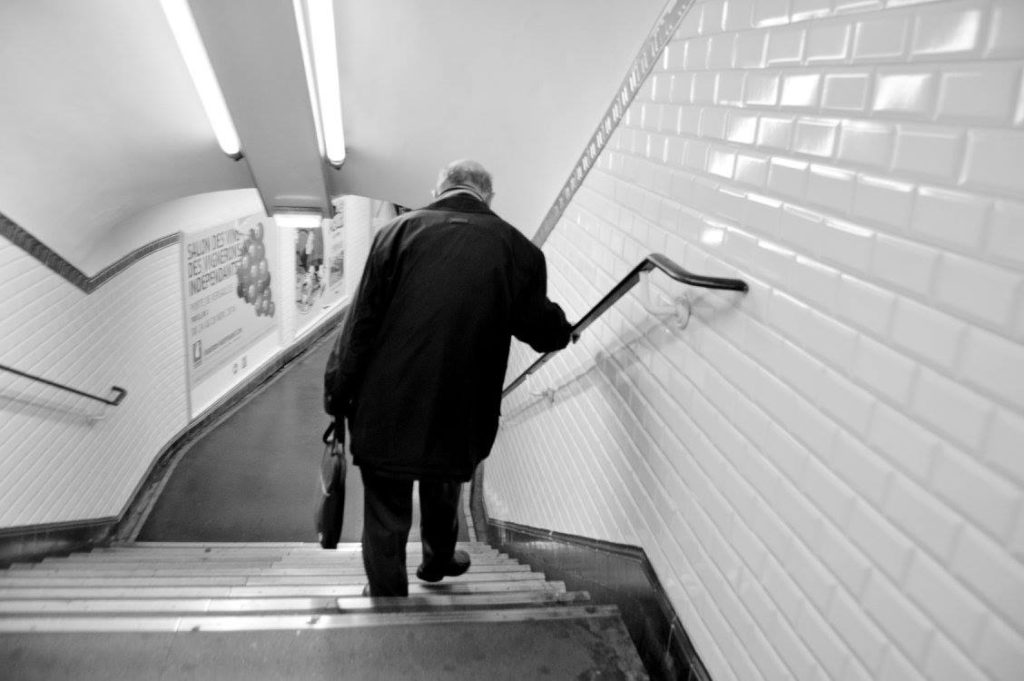[PT-BR] Um ano dedicado a 52 fotos que me fizeram refletir sobre a sociedade
[EN] A year dedicated to 52 photographs that made me reflect about society
www.instagram.com/fotosqueafetam
www.facebook.com/conheseremos
52
[PT-BR]
Frio, fome, saudade.
Um retrato da classe trabalhadora.
[EN]
Cold, hunger, longing.
A picture of the working class.
Mario Gioto – Bogotá / 2018
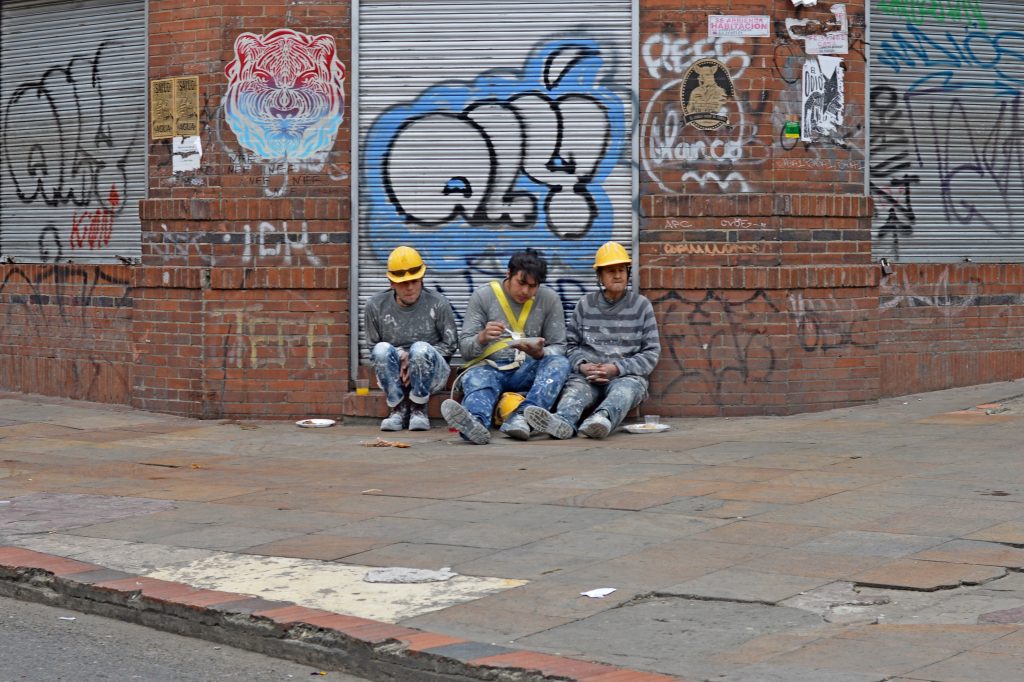
51
[PT-BR]
Todos temos dentro de nós um mundo de conhecimento. Está no compartilhamento deste uma forma poderosa de mudar o mundo, uma conversa após a outra.
[EN]
We all have a world of knowledge inside of us. It is in the sharing of this knowledge a powerful way to change the world, one conversations after another.
Mario Gioto – Bogotá / 2018

50
[PT-BR] A esquerda ainda vive, mas está sendo vigiada.
[EN] The left still lives, but it’s being watched.
Mario Gioto – Bogotá / 2018

49
[PT-BR] A música é uma poderosa ferramenta de comunicação entre gerações.
[EN] Music is a powerful communication tool between generations.
Mario Gioto – São Paulo / 2016
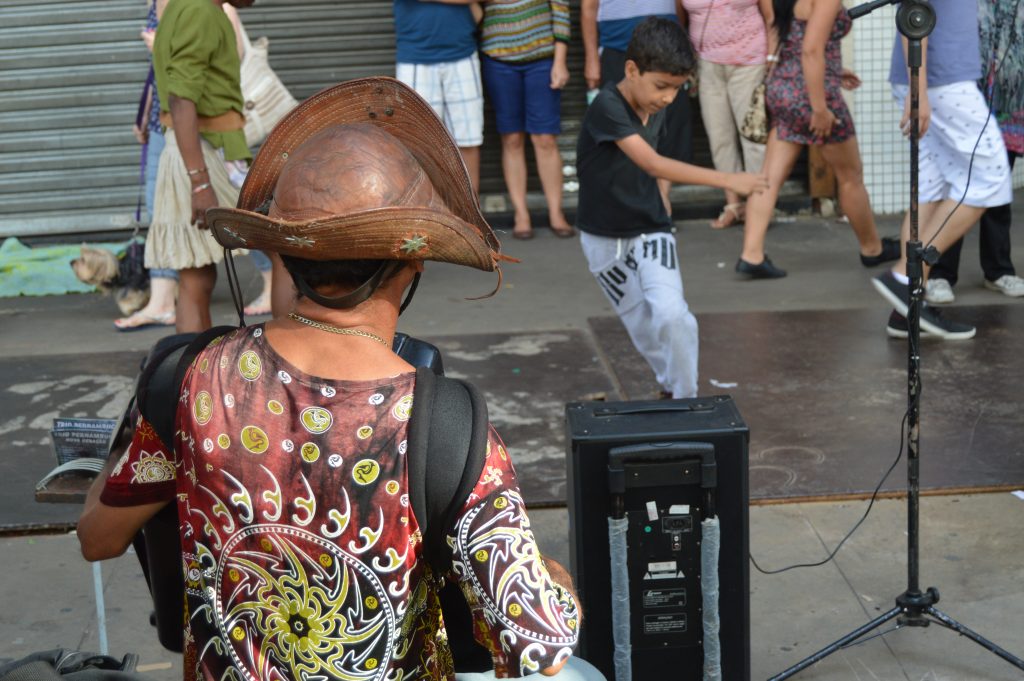
48
[PT-BR] E cobri a cidade toda com a falta que tu me faz.
[EN] And I covered the whole city with how much I miss you.
Mario Gioto – Bogotá / 2018
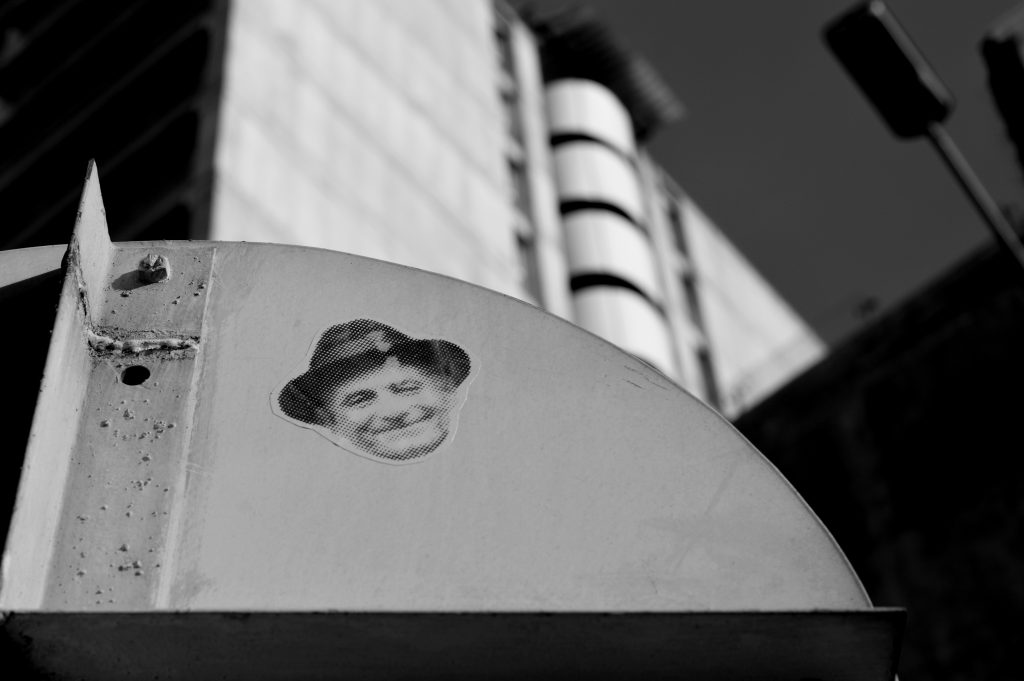
47
[PT-BR] Quais são as molduras dos nossos retratos atuais?
[EN] What are the frames of today’s portraits?
Mario Gioto – Vitória / 2013
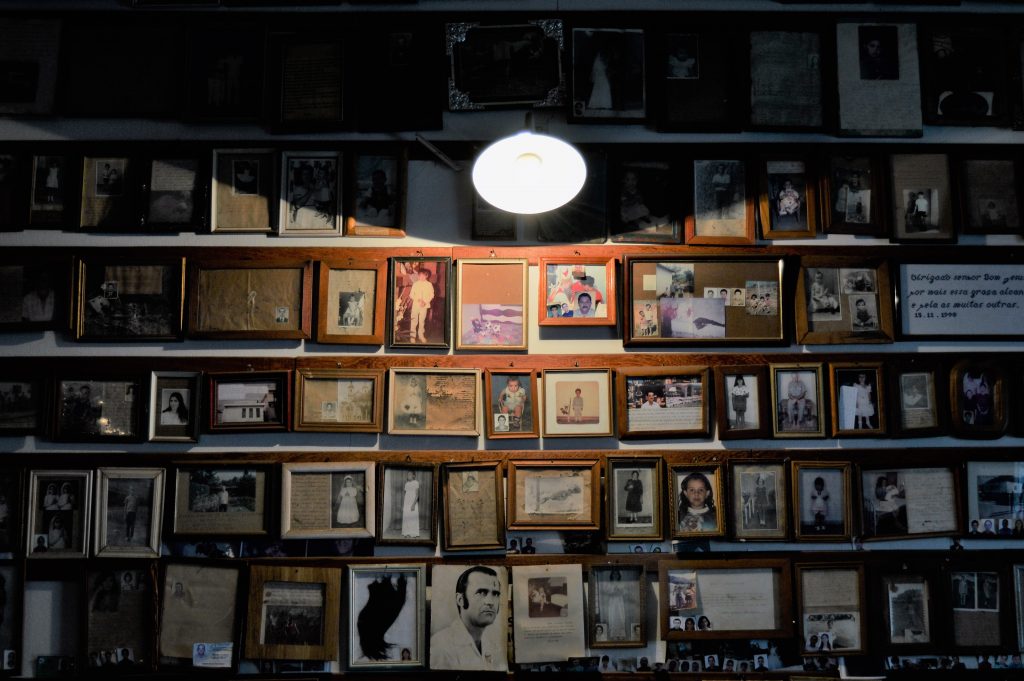
47
[PT-BR] Fique atento, à atenção alheia.
[EN] Pay attention to the attention of others.
Mario Gioto – Paris / 2016
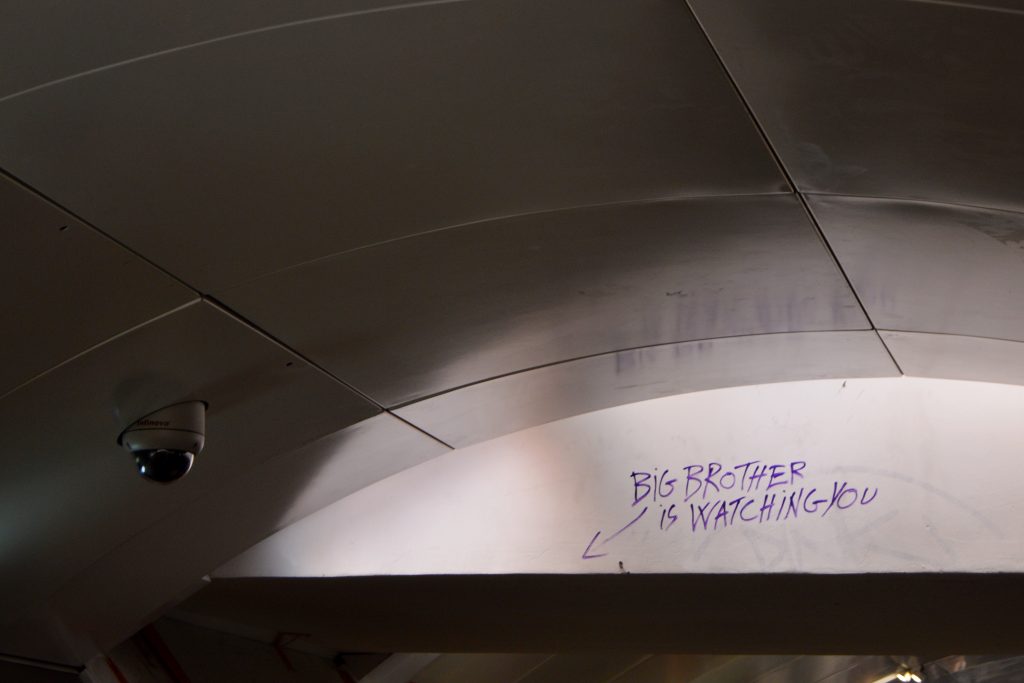
45
[PT-BR] Mesmo longe das grandes capitais, onde poucos habitam, ainda é necessária: Associação de Mulheres.
[EN] Even away from large capitals, where few live, it’s still necessary: Women’s Association.
Mario Gioto – Samaipata / 2016
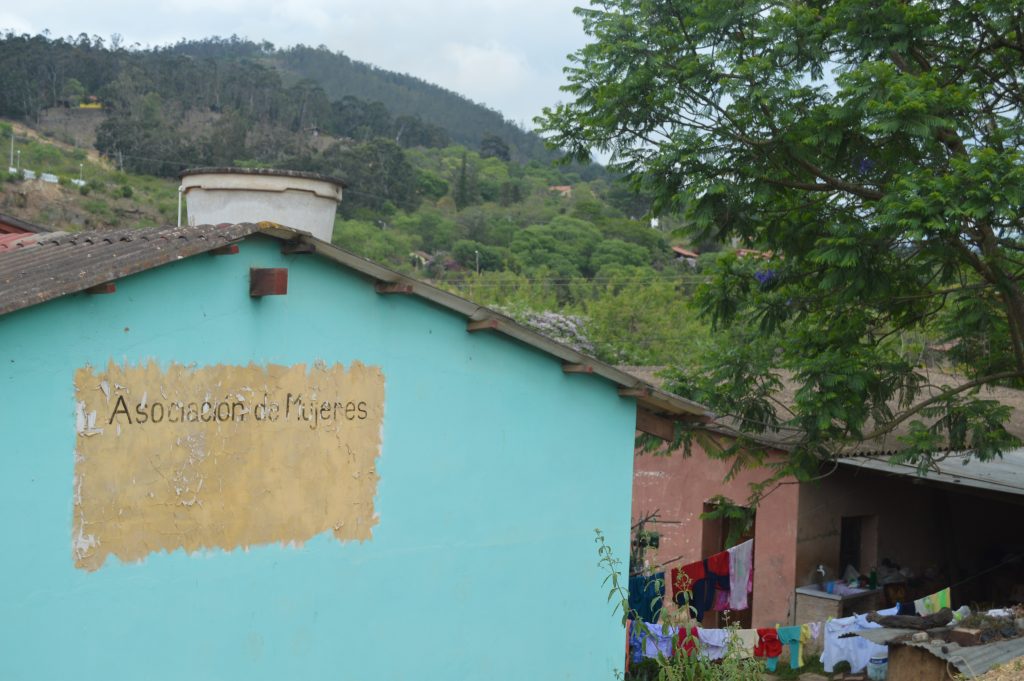
44
[PT-BR] E no canvas da cidade cinza, a sociedade se pinta.
[EN] In the canvas of the grey city, society paints itself.
Mario Gioto – São Paulo / 2016
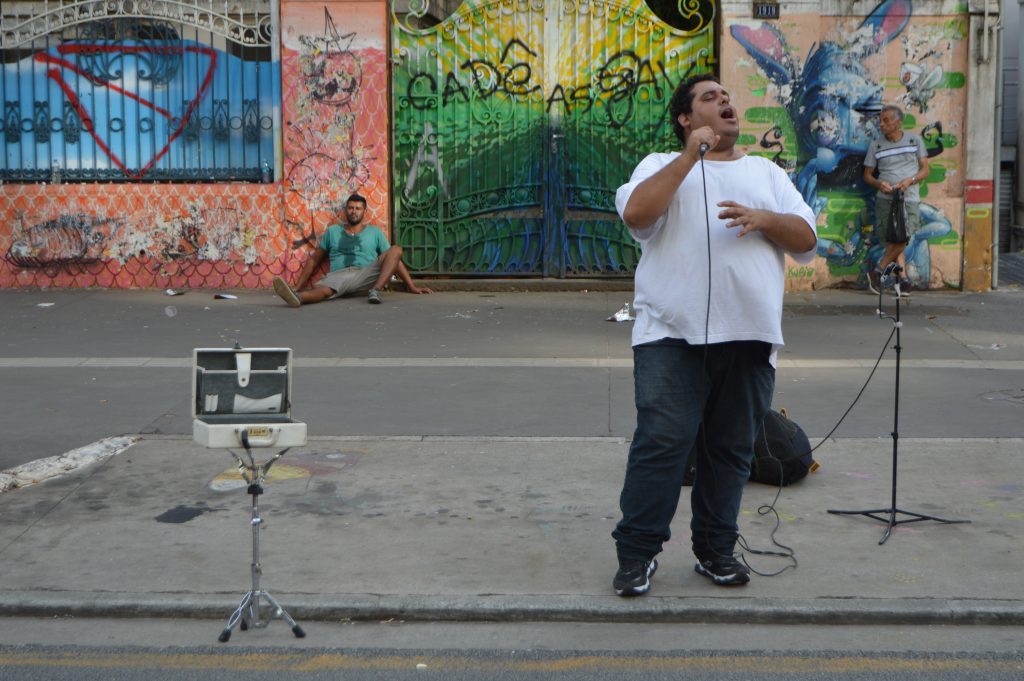
43
[PT-BR] É necessário subverter à ordem para revelar o que muitas vezes não conseguimos enxergar.
[EN] It is necessary to subvert the order to reveal what we often cannot see.
Mario Gioto – Paris / 2016
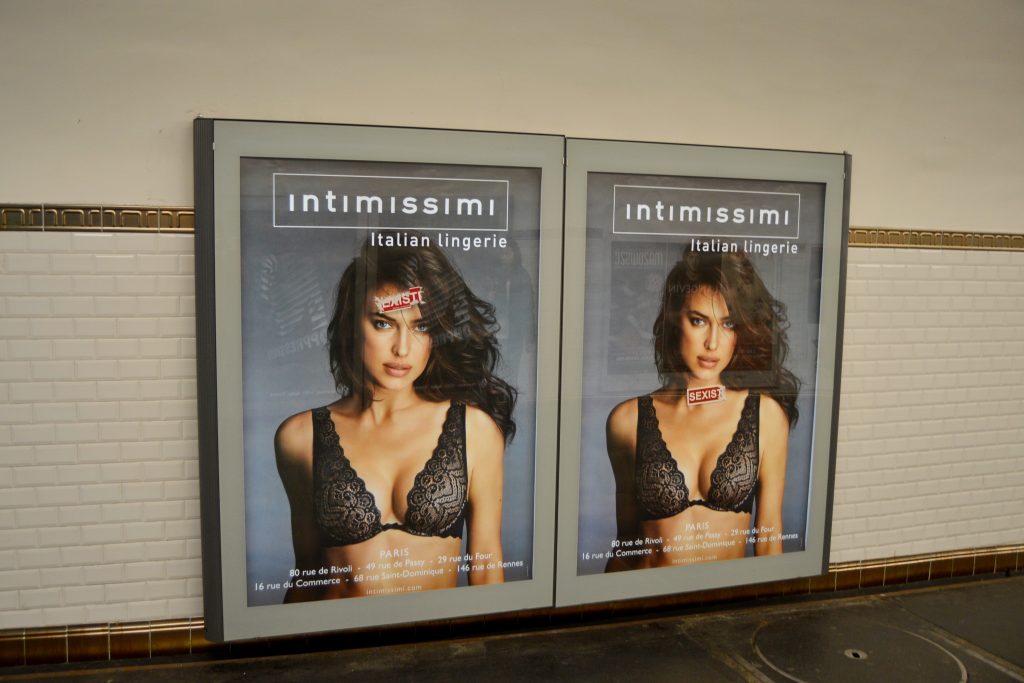
42
[PT-BR] Destruindo torres de marfim.
[EN] Destroying ivory towers.
Mario Gioto – São Paulo / 2016
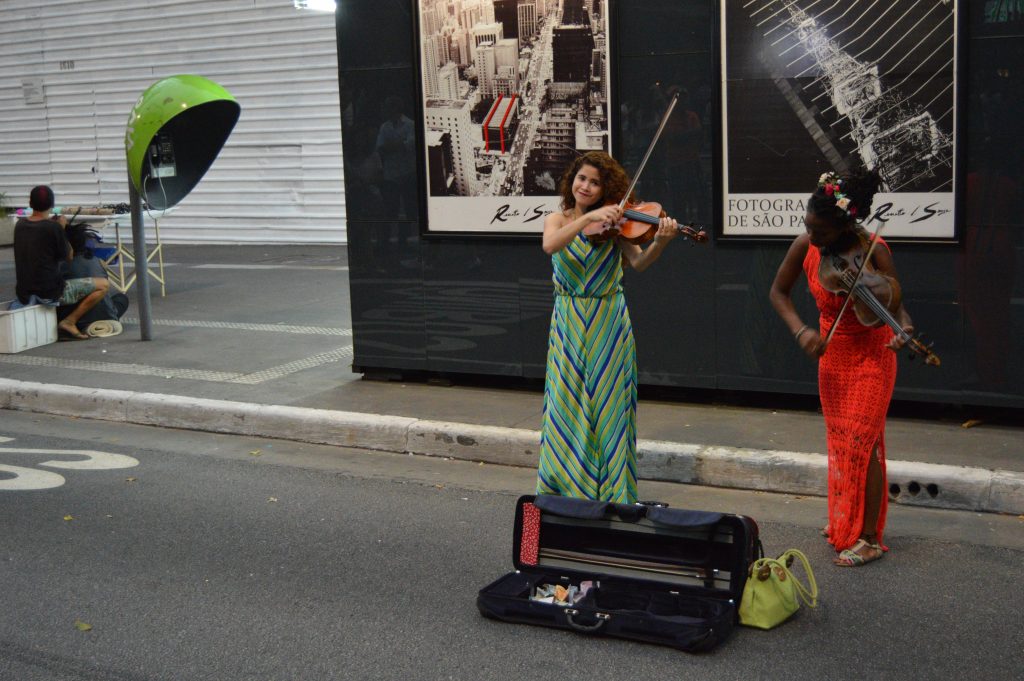
42
[PT-BR] É complexo pensar em uma solução para uma educação universal de qualidade. Projetos grandes de baixo impacto, projetos menores que nos transformam.
[EN] It’s complex to think of a solution for a good quality universal education. Big projects with low impact, smaller transformative ones.
Mario Gioto – Indaiatuba / 2016
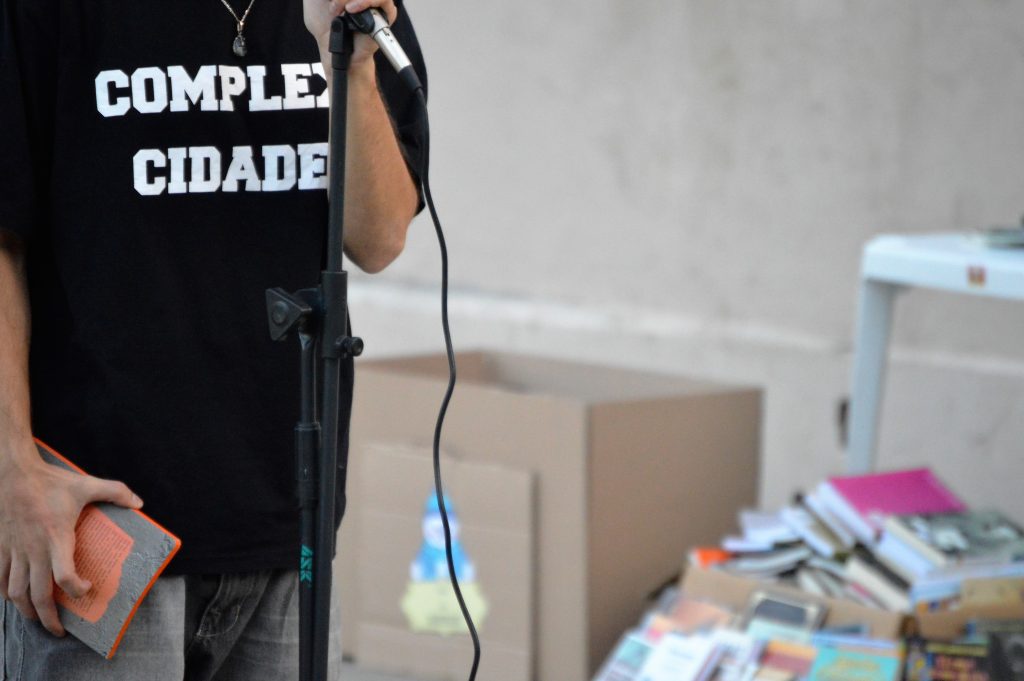
40
[PT-BR] Eu sou o que sou resultado do que tu és por mim.
[EN] I am what I am result of what you are for me.
Mario Gioto – São Paulo / 2017
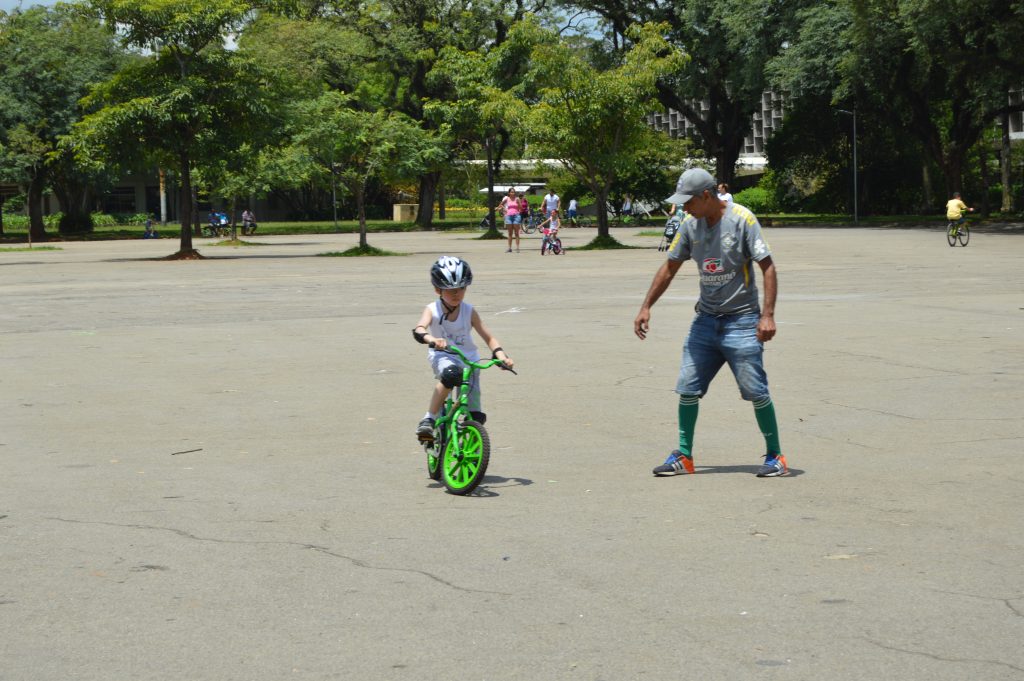
39
[PT-BR] A falta de recurso nunca supera a vontade de querer pertencer.
[EN] The lack of resources never overcomes the desire to belong.
Mario Gioto – São Paulo / 2016
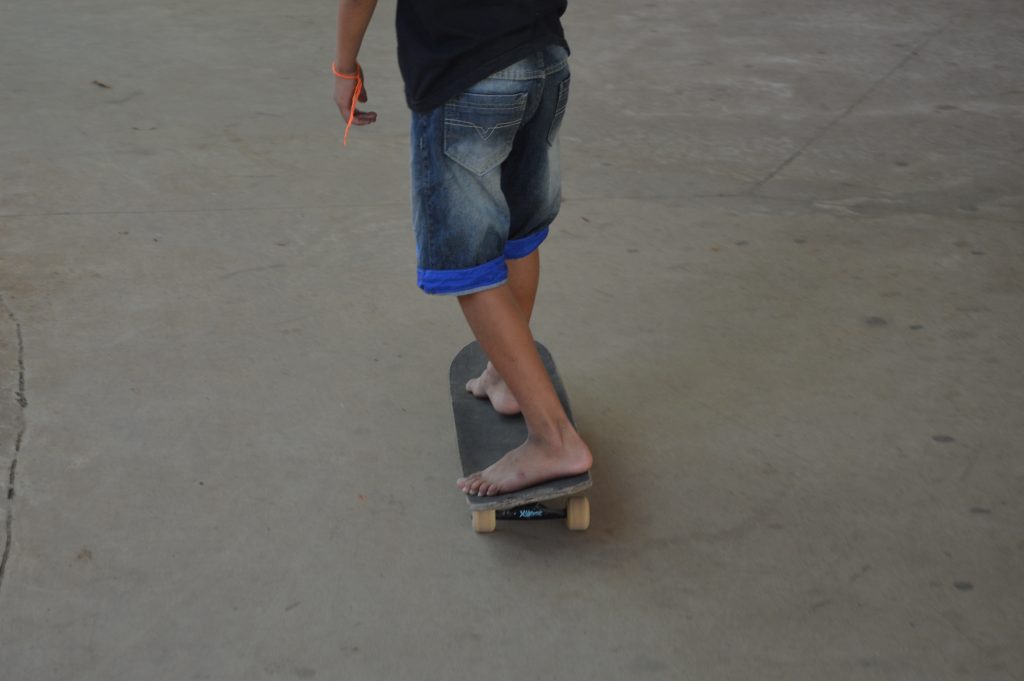
38
[PT-BR] Quão presos estamos em nossas demandas sociais?
[EN] How stuck are we in our social demands?
Mario Gioto – Roma / 2016
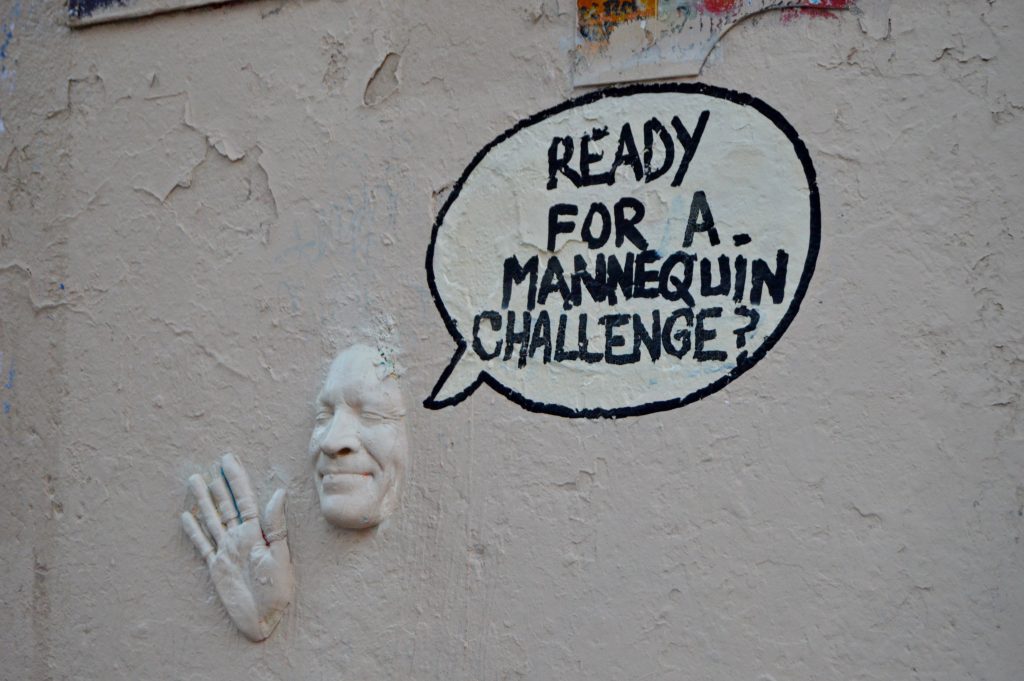
37
[PT-BR] Quando morre o extermínio público, a execução das minorias e as estúpidas batalhas de poder, nasce a arte.
[EN] When public extermination, the execution of minorities and stupid power struggles die, art is born.
Mario Gioto – Roma / 2016
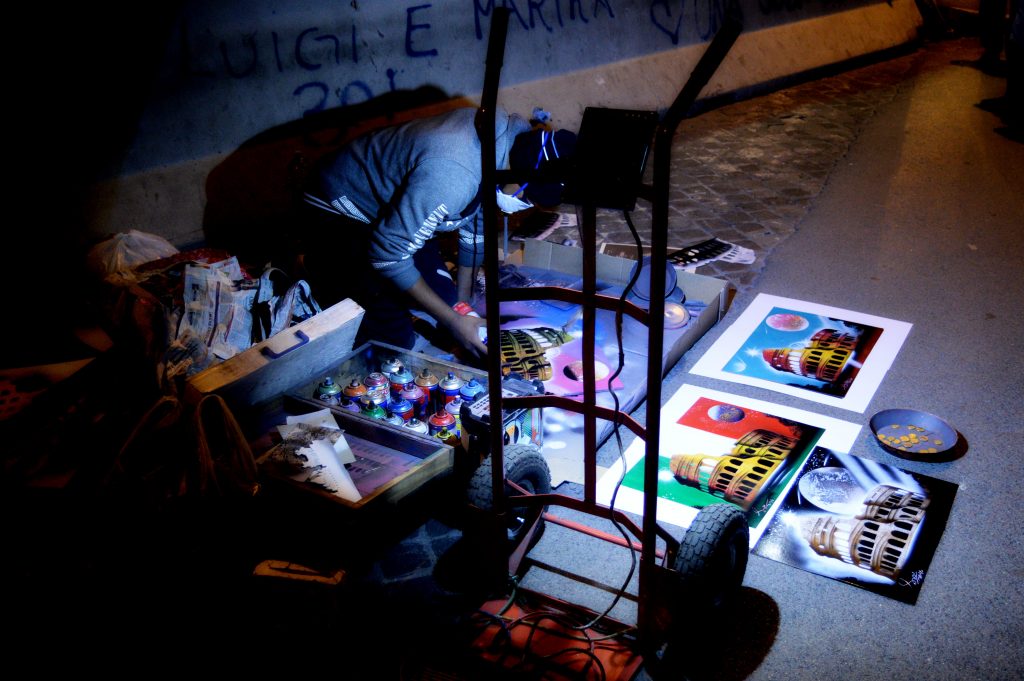
36
[PT-BR] Nossa pele, colorida.
[EN] Our skin, colored.
Mario Gioto – São Paulo / 2017
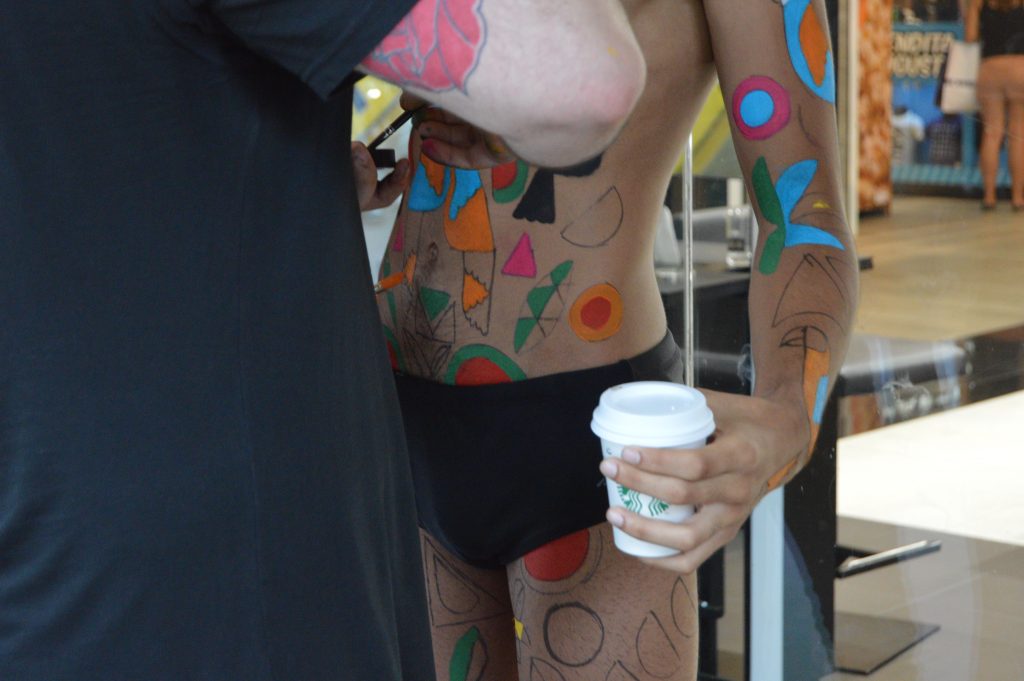
35
[PT-BR] Mais rápido que fast food.
[EN] Faster than fast food.
Mario Gioto – Buenos Aires / 2015
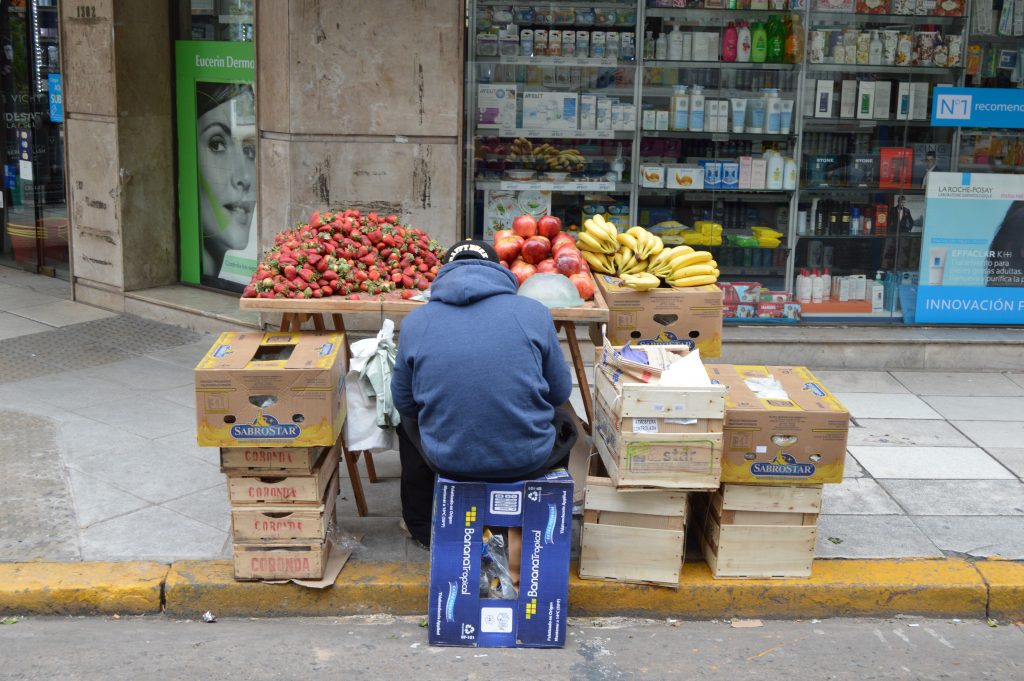
34
[PT-BR] O mundo, em toda sua aceleração, deixou a notícia de hoje pra ontem. E a banca de jornal virou livraria.
[EN] The world, in all its acceleration, left the news from today to yesterday. And the newsstand became a bookstore.
Mario Gioto – São Paulo / 2017
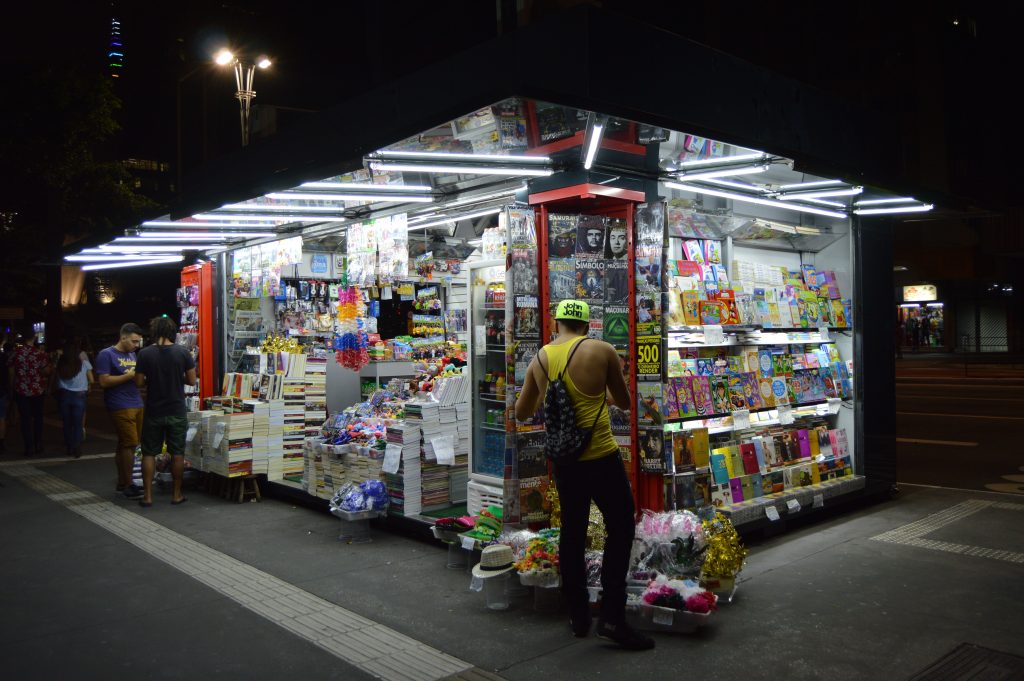
33
[PT-BR] “Aposentadoria.”
[EN] “Retirement”
Mario Gioto – Maragogi / 2018
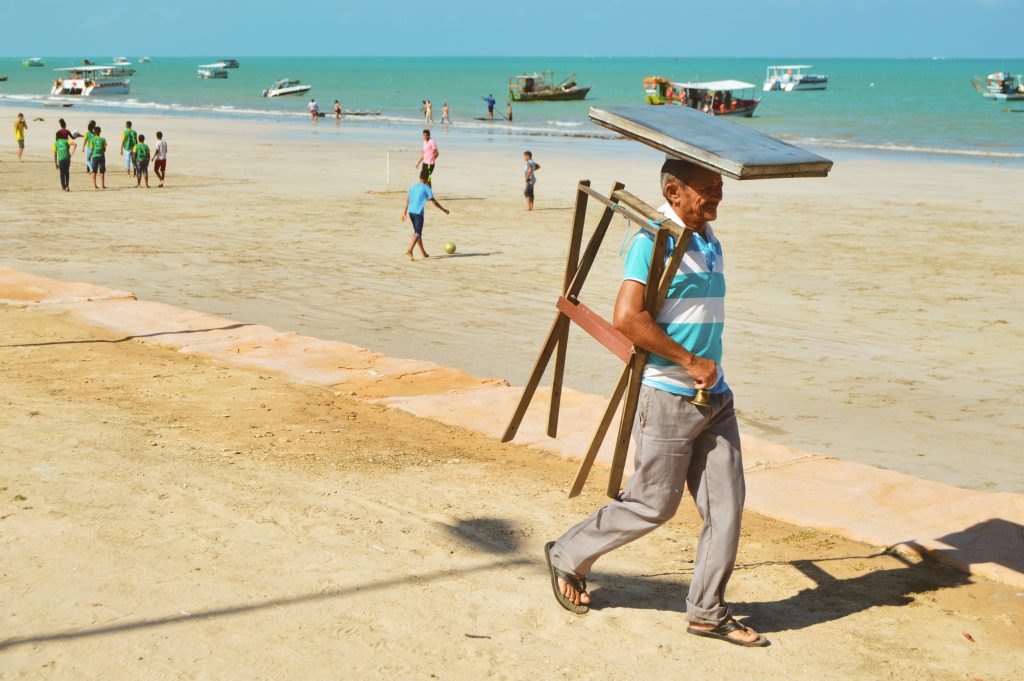
32
[PT-BR] Uma mesa vazia, um retrato, uma porta aberta.
[EN] An empty table, a portrait, an open door.
Mario Gioto – Campinas / 2017
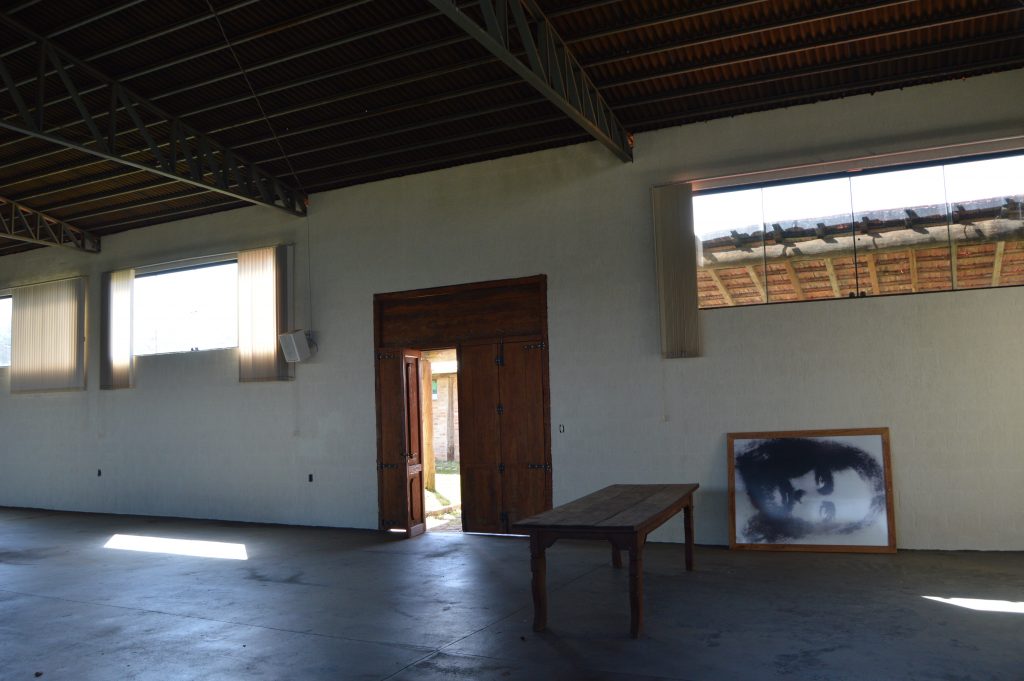
31
[PT-BR] Precisamos desacelerar a mente para amar.
[EN] We need to slow down the mind to love.
Mario Gioto – Bolivia / 2016
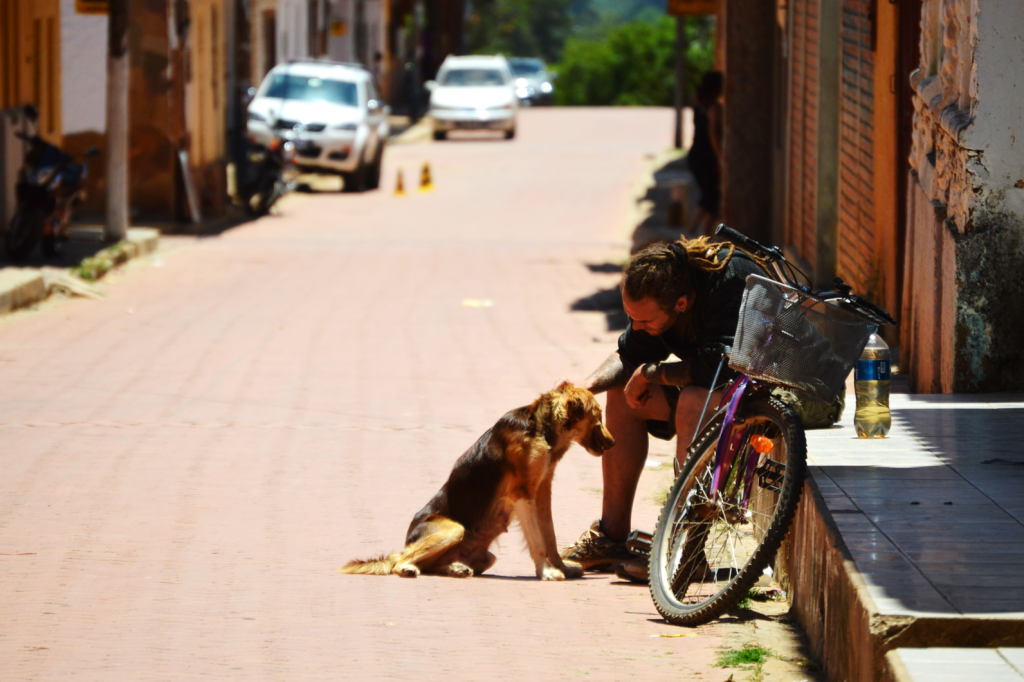
30
[PT-BR] Um carinho traz sorriso a quem dá e a quem recebe.
[EN] An affection brings a smile to the giver and the receiver.
Mario Gioto – Bogotá / 2018
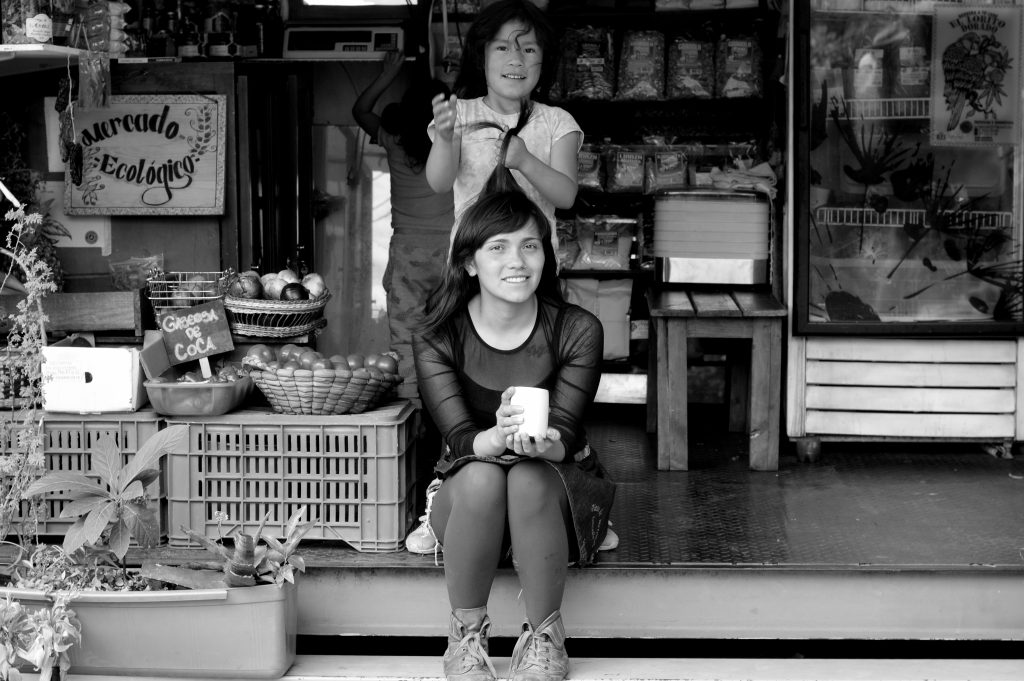
29
[PT-BR] “No horizonte, lá que vive a beleza. Dois espaços distintos se encontram. É prazeroso dedicar um tempo a refletir sobre a perspectiva que a natureza nos entrega aos olhos. Esta metáfora nos ensina que, para que a vida seja bonita e tenha significado, um horizonte precisa existir entre os altos e baixo. Ao pensar nessas situações, é lá que vemos nosso sucesso e nosso fracasso, e a beleza da vida por completo.”
[EN] “To the horizon, that’s where beauty lies. Two distinct spaces meet up. It is pleasing to spend a time reflecting the perspective that nature can provide before our eyes. This metaphor teaches us that, for life to be beautiful and meaningful, a horizon needs to exist between our ups and downs. While reflecting these situations, that’s where we see our success and failure, and the beauty of our life altogether.”
Nelson Simfukwe – Tanzânia / 2017.
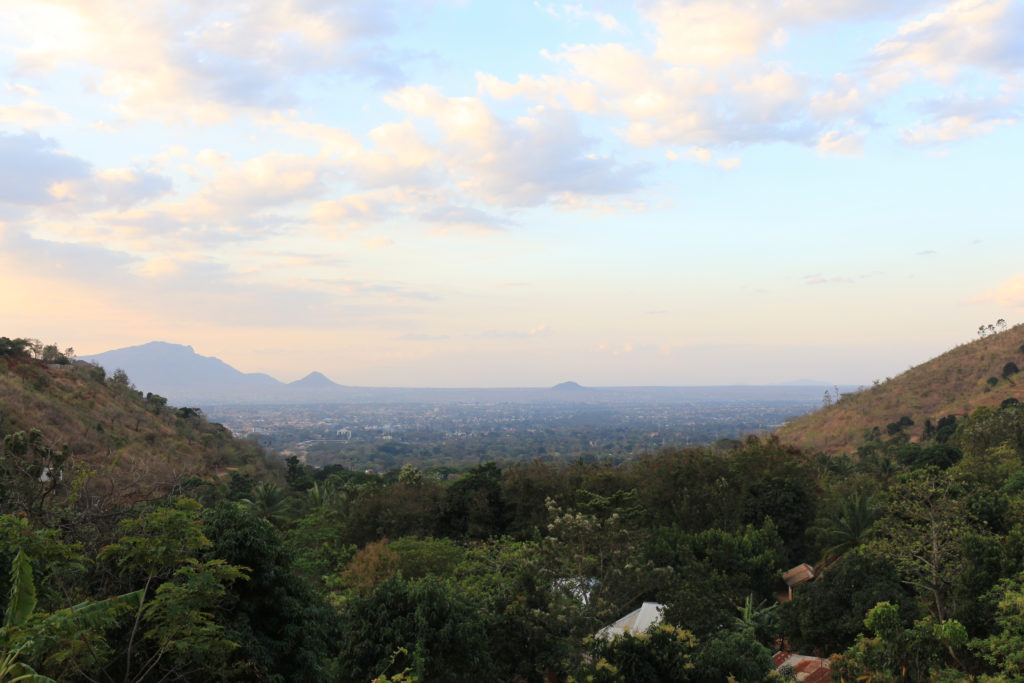
29
[PT-BR] Continue mulher! Que o espaço é teu. Este, aquele, o que for de seu direito. Em qualquer ramo, em qualquer ofício, não há e não deverá haver obstáculos para a sua evolução. O seu progresso é o nosso, e o futuro depende de você.
[EN] Carry on woman! That space is yours. This one, that one, whatever is right for you. In any branch, in any trade, there are not and should not be obstacles to your evolution. Your progress is ours, and the future depends on you.
Mario Gioto – Bogotá / 2018.
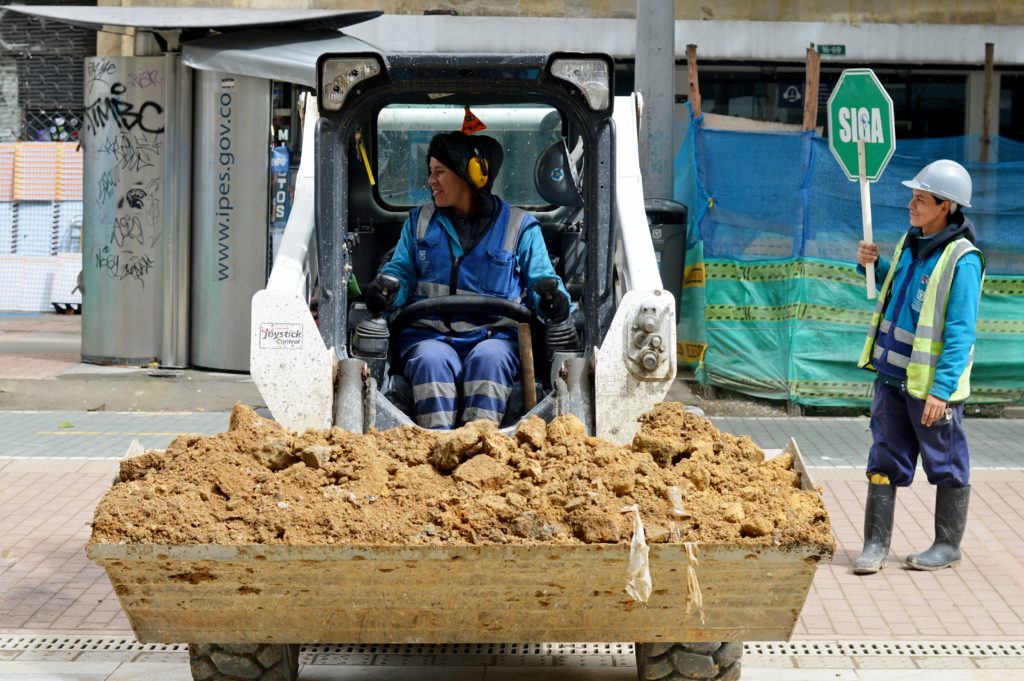
27
[PT-BR] As expectativas. De um salário maior, de uma casa maior, de um carro mais novo. As expectativas de ter o que comer.
Nos frustramos com tão pouco. Aceleramos nossa mente a uma velocidade desnecessária para se obter algo que tanto esperamos… mas precisamos?
A calma de um pescador, na expectativa de um peixe. Três está bem, se for pra vender. Se não só um para o jantar render.
[EN] The expectations. A bigger salary, a bigger house, a newer car. Expectations of having something to eat.
We get frustrated with so little. We accelerate our mind to unnecessary speeds to obtain something we so long for… but do need it?
The calm of a fisherman, waiting for a fish. Three is fine, to sell. If notm just one for dinner is ok.
Mario Gioto – Itamaracá / 2018.
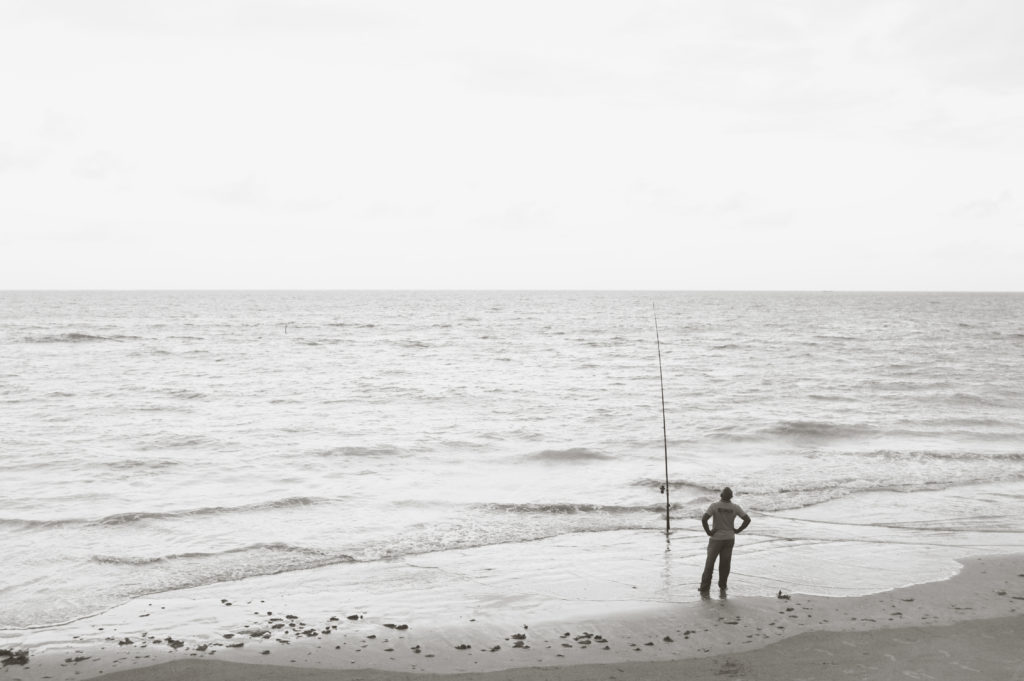
26
[PT-BR] A última moda não é a mais bonita.
[EN] Latest fashion isn’t the prettiest.
Mario Gioto – México / 2016.
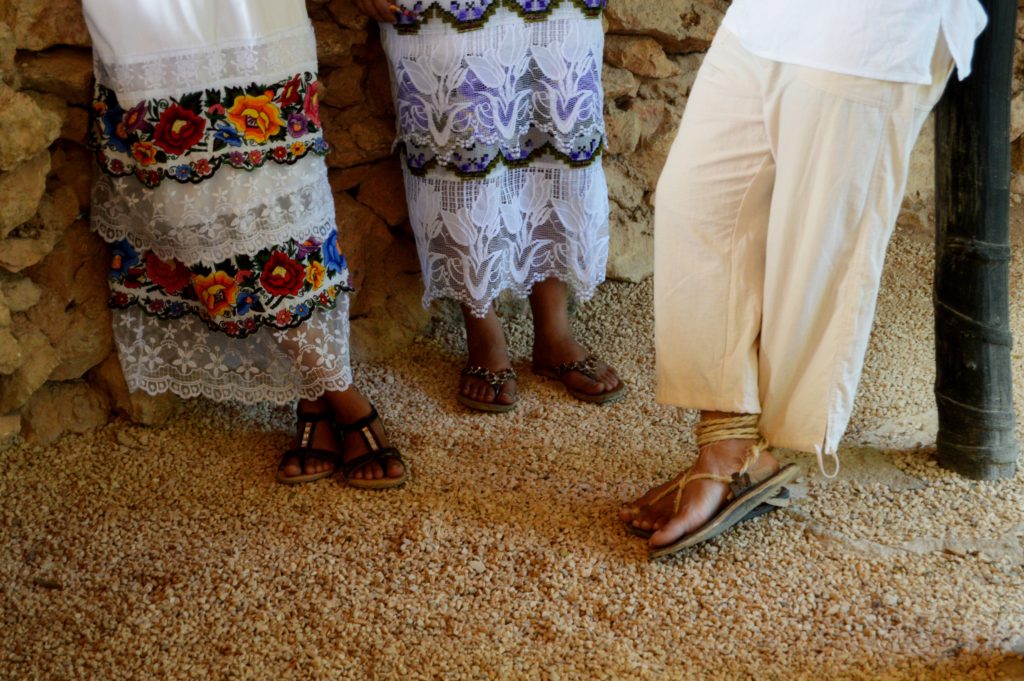
25
[PT-BR] O simples no sorriso.
[EN] The simplicity in a smile
Mario Gioto – Bolivia / 2017.
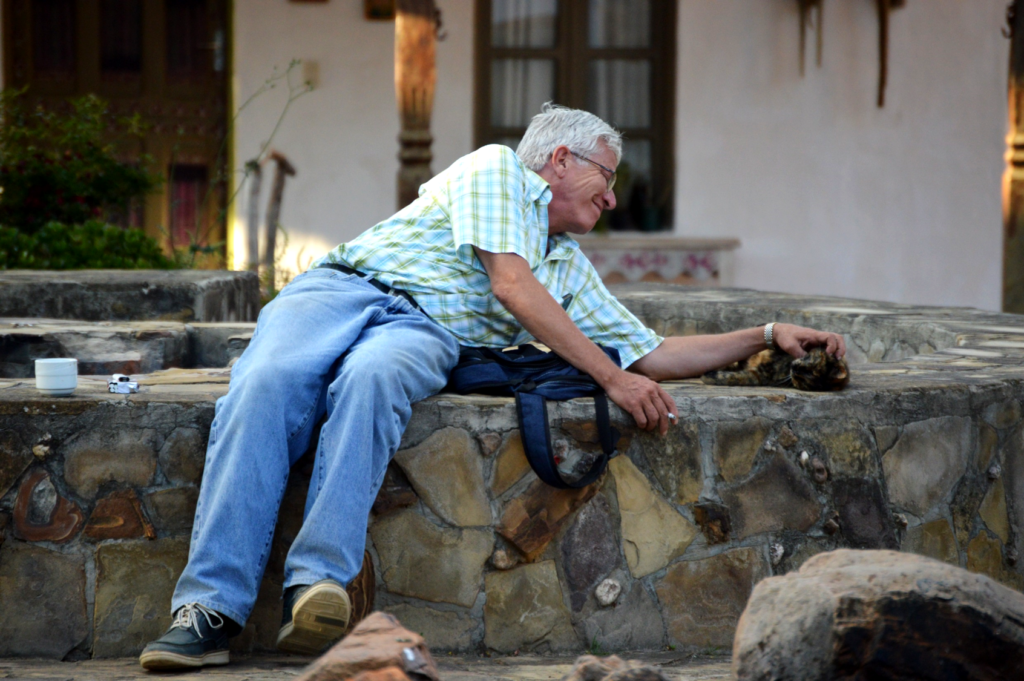
24
[PT-BR] Um pai presente na educação de um filho gera um laço inquebratável e transforma a vida de ambos. O papel de um pai na sociedade transpassa o prover recursos financeiros principalmente ao considerar a mãe como igual nessa jornada que é ter um filho. O mesmo é válido para pais e mães homoafetivos quando consideramos o nosso verdadeiro papel na educação da geração que está por vir em meio de turbulências de informação e da exponencialidade tecnológica.
[EN] A father present in the education of a child creates an unbreakable bond and transforms the lives of both. The role of a father in society goes beyond providing financial resources, especially when considering the mother as an equal in this journey that is to have a child. The same is true for homoaffective fathers and mothers when we consider our true role in educating the generation to come amidst information turmoil and technological exponentiality.
Mario Gioto – Paris / 2016.
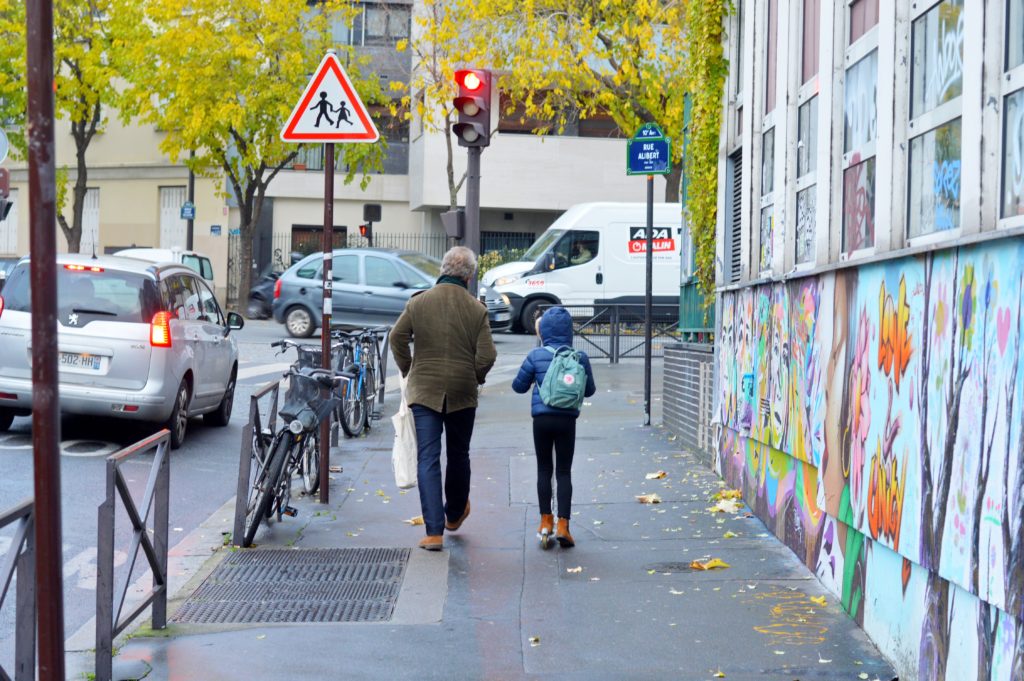
23
[PT-BR] Não fique dependente apenas do que te contam sobre como a vida é e como deveria ser. Vá e experimente você mesmo.
[EN] Don’t just be dependent on what they tell you about how life is and how it should be. Go and experience it yourself.
Mario Gioto – Vaticano / 2016.
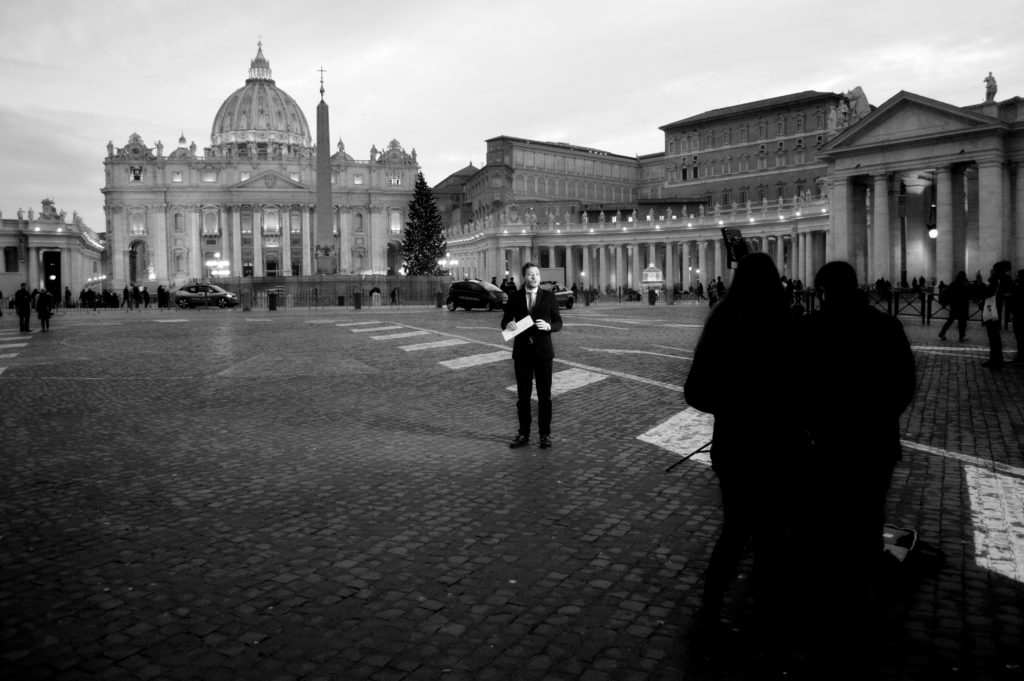
22
[PT-BR] Viver em paz de espírito não tem preço. Viver em harmonia com a natureza, com nós mesmos… A idade invariavelmente chega. Quanto menos tempo nos resta, mais valor damos ao que aprendemos. Quando foi a última vez que você andou de bicicleta? Quanto tempo de fato nos resta?
[EN] Living in peace of mind is priceless. Living in harmony with nature, with ourselves…
Age invariably arrives. The less time we have left, the more we value what we learn.
When was the last time you rode a bike? How much time do we really have left?
Mario Gioto – Leuven / 2016.
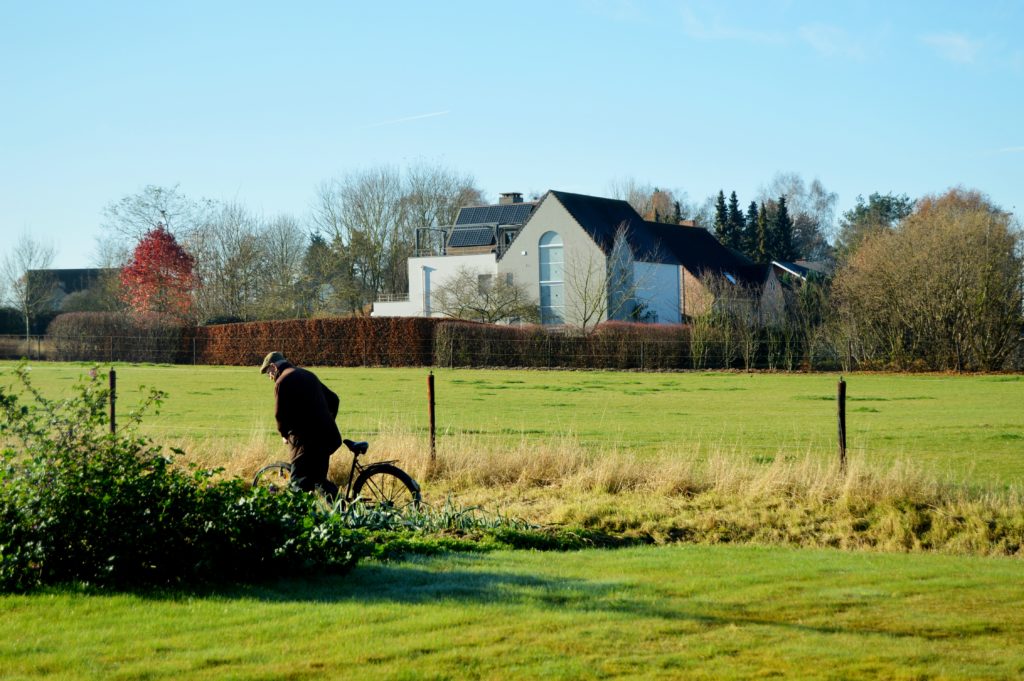
21
[PT-BR] Já parou para pensar em tanta gente que trabalha pelo seu bem? As pessoas que cuidam da limpeza do seu prédio, a pessoa que costurou sua camisa, quem limpou seu prato em um restaurante. Já pensou em tudo que tantos fazem por ti? A todos vocês, obrigado… hoje e sempre.
[EN] Have you ever stopped to think about so many people who work for your good? The people who clean your building, the person who sewed your shirt, the person who cleaned your plate in a restaurant. Have you ever thought about everything that so many do for you? To all of them, thank you… today and always.
Mario Gioto – Cancún / 2017.
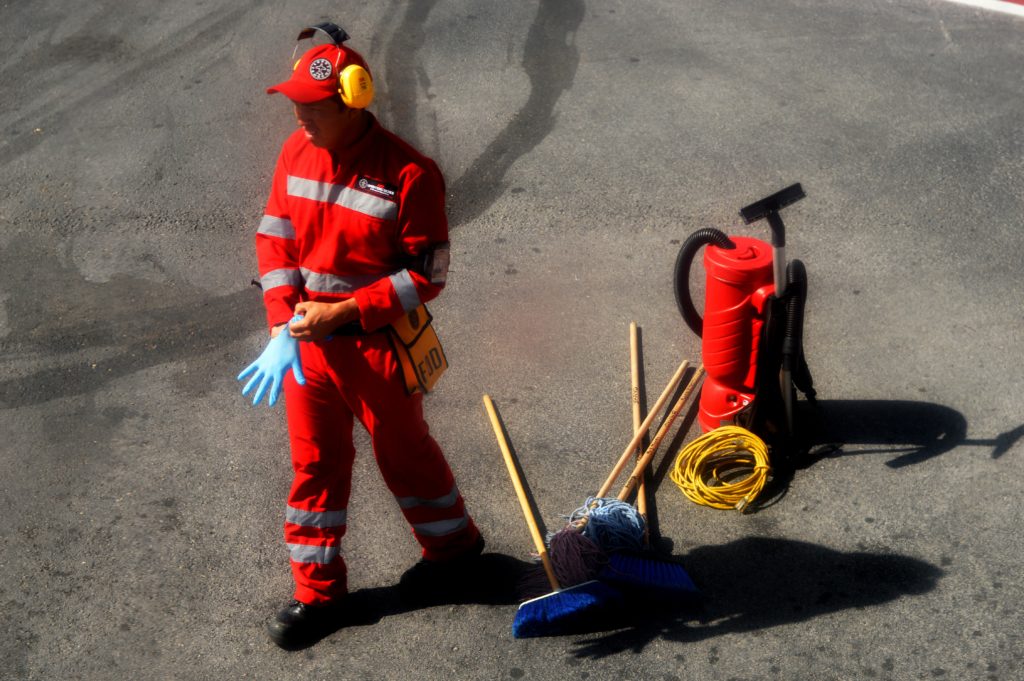
20
[PT-BR] Por que precisamos de arte? Por que precisamos de história? Por que aprender como calcular as soluções de uma equação de terceiro grau?
De fato estamos em um mundo com tendência de querer dar valor apenas ao que possui aplicabilidade imediata e perdemos tanto com isso. Por que aprender algo que não vamos usar no momento? Bem, precisamos muitas vezes pisar nas pegadas de quem já fez tanto por nós anteriormente para então continuar o caminho de evolução da nossa sociedade. O foco no aprendizado apenas para o mercado de trabalho nos levará a uma mecanização imensa do conhecimento e perdemos tanto potencial humano com isso. Aprenda por aprender…
[EN] Why do we need art? Why do we need history? Why learn how to calculate the solutions of a third degree equation?
In fact, we are in a world with a tendency to want to give value only to what has immediate applicability and we lose so much with that. Why learn something that we’re not going to use right now? Well, we often need to step in the footsteps of those who have done so much for us before, in order to continue on the path of evolution of our society. The focus on learning just for the job market will lead us to an immense mechanization of knowledge and we lose so much human potential with that. Learn to learn…
Mario Gioto – São Paulo / 2017.
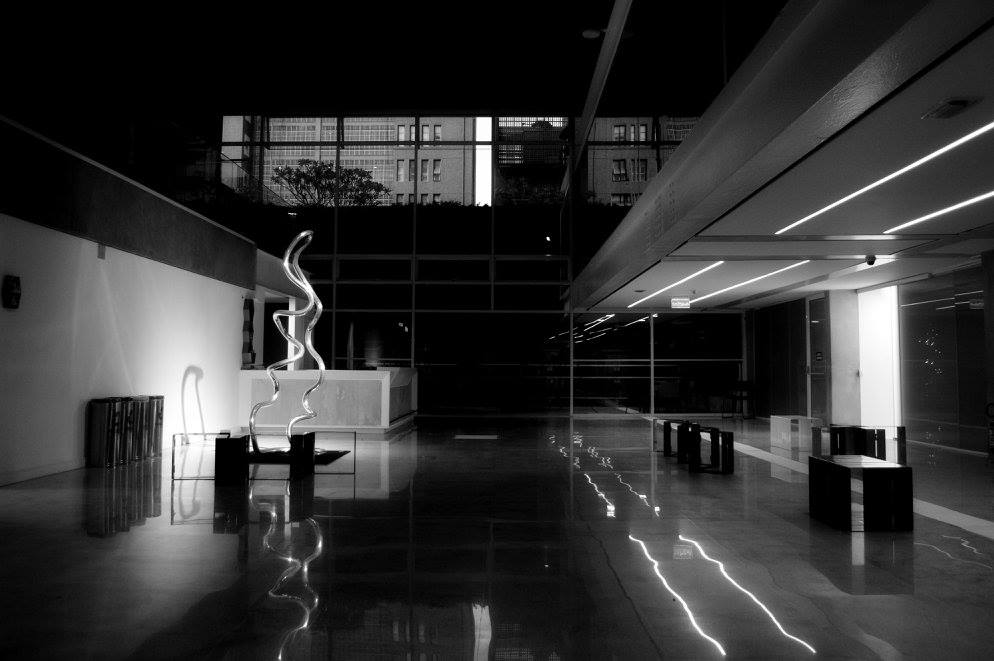
19
[PT-BR] O progresso é um esforço coletivo. Somos altamente dependentes e isso é bom. Nessa caminhada temos grandes desafios para superar, não tente passar por tudo sozinho. Mesmo se for capaz, procure por realizar sempre em conjunto. Um passe, um aviso, uma ajuda para chegar lá.
E então acertamos… juntos.
E comemoramos… juntos.
[EN] Progress is a collective effort. We are highly dependent and that’s a good thing. On this walk we have great challenges to overcome, don’t try to go through everything alone. Even if you can, try to always do it together. A pass, a warning, a helping hand to get there.
And then we get it right… together.
And we celebrate… together.
Mario Gioto – Indaiatuba / 2018.
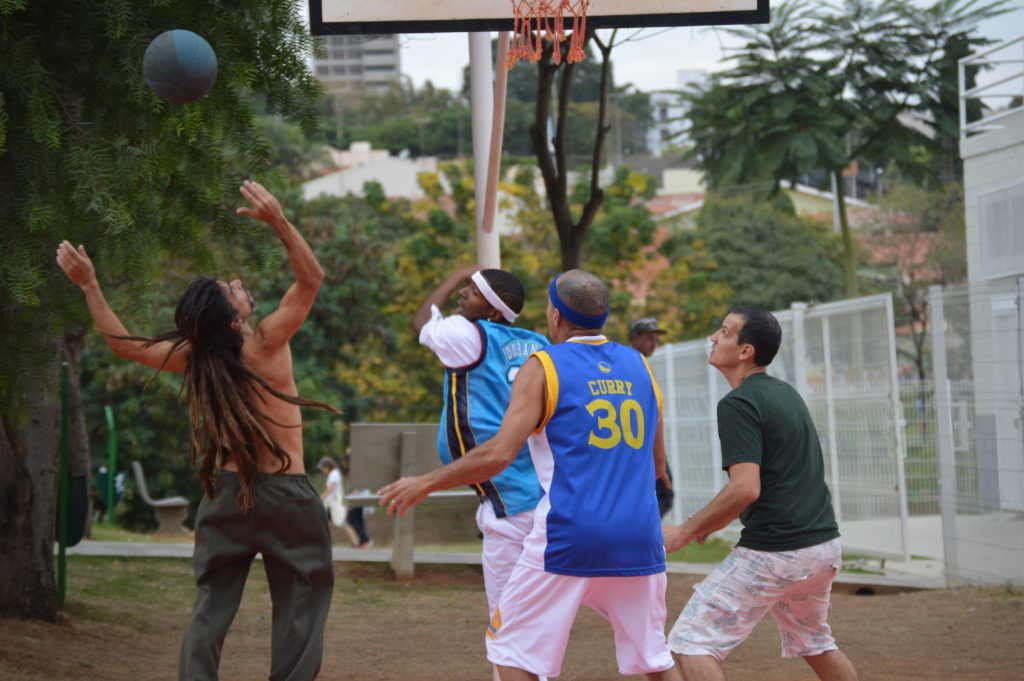
18
[PT-BR] O nacionalismo está velho, mas ainda não morreu. Dentro de si o sentimento da necessidade da exaltação dos valores nacionais. Quão diferente é alguém apenas por viver do outro lado da fronteira?
[EN] Nationalism is old, but it is not dead yet. Within itself the feeling of the need to exalt national values. How different is someone just by living on the other side of the border?
Mario Gioto – Bogotá / 2018.
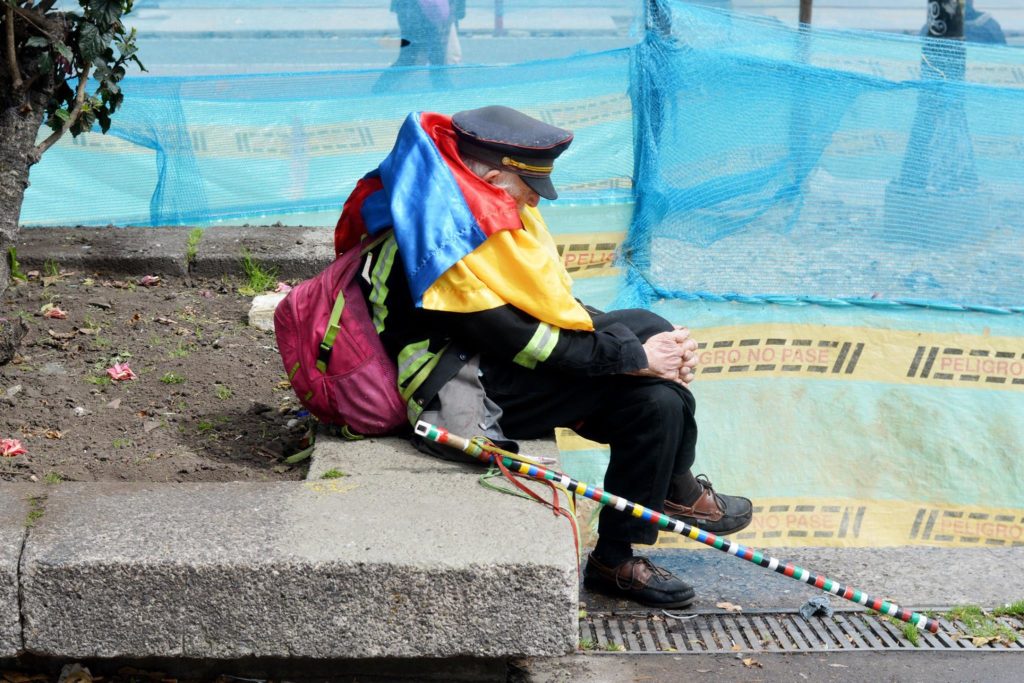
17
[PT-BR] Futebol é um jogo coletivo. A vida também.
[EN] Soccer is a collective game. Life too.
Mario Gioto – Bogotá / 2018.
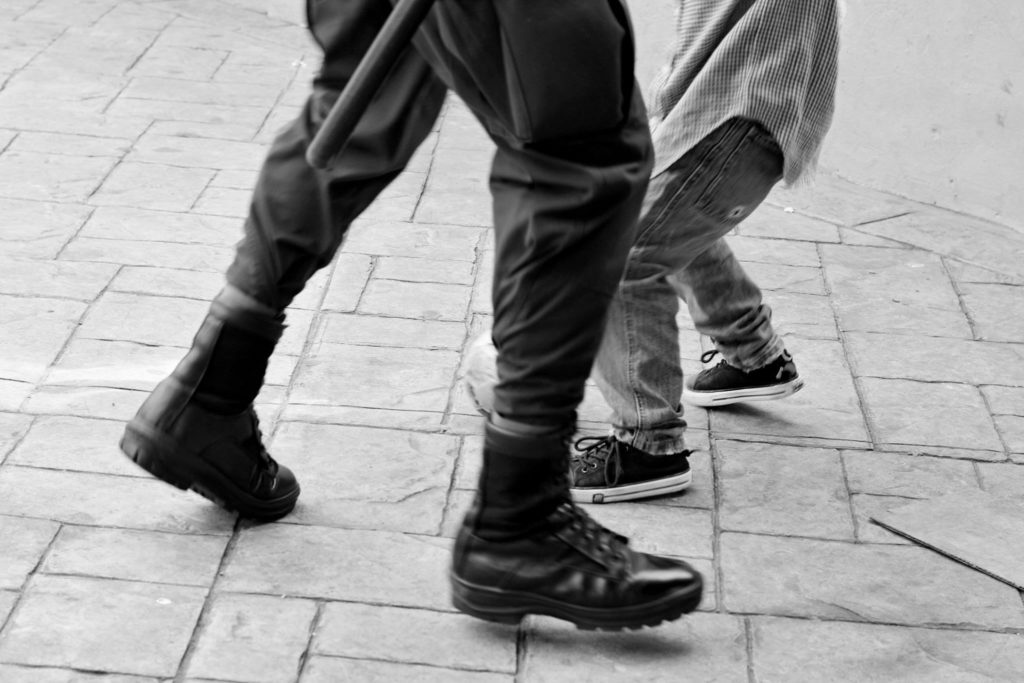
16
[PT-BR] Murmurinhos de uma guia turística aos visitantes, passos tímidos e lentos nos corredores, e de fundo um repetido de “Bonjour” do atendente na entrada. Silêncio a uma divindade. A uma voz só, pois alí ela é autoridade. Devemos ficar quietos? Obedecer ou contestar. Esse poder se faz muito presente e traz fé aos que estão alí rezando… Pode-se construir uma sociedade através dele? Ainda faria sentido?
[EN] Murmurs from a tour guide to visitors, shy and slow steps in the hallways, and in the background a repeated “Bonjour” from the attendant at the entrance. Silence to a deity. With one voice, because there it is authority. Should we be quiet? Obey or object. This power is very present and brings faith to those who are there praying… Can a society be built through it? Would it still make sense?
Lívia Koreeda – Basílica de Notre Dame, Montréal/Quebéc – Novembro / 2018.
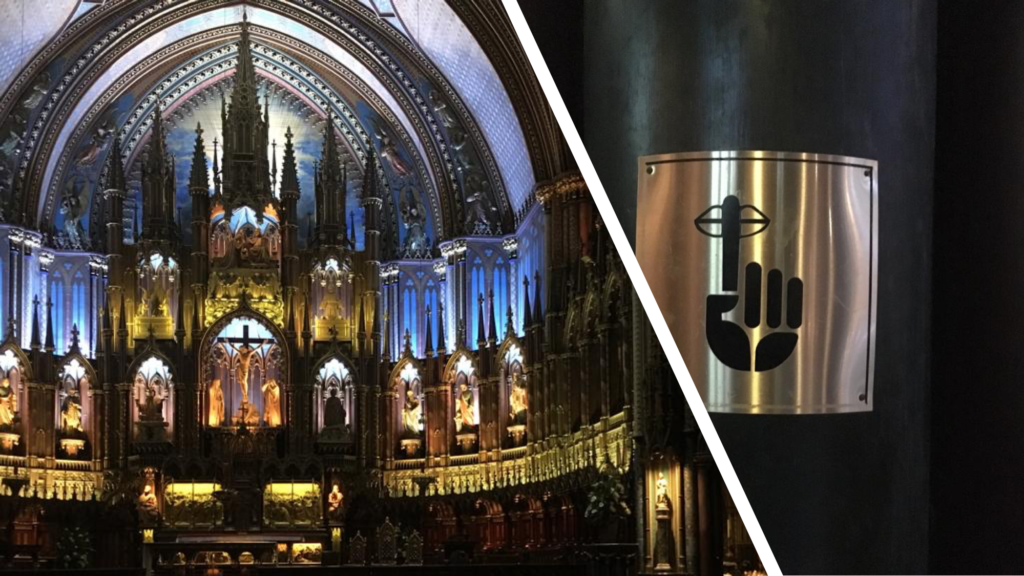
15
[PT-BR] Sempre me perguntei se deveria ajudar a pessoas na rua. Se deveria comprar algo que vendem, qual o meu papel na sociedade nesses 30 segundos de semáforo? Alguns jovens, alguns velhos… alguns doentes, outros prestes a adoecer… no corpo ou na mente.
A vontade real é a de não ter que encarar tal realidade, mas ela está lá. O que fazer?
[EN] I always wondered if I should help people on the street. If I should buy something they sell, what is my role in society in those 30 seconds of traffic light? Some young, some old… some sick, others about to get sick… in body or mind.
The real will is not having to face such a reality, but it is there. What to do?
Mario Gioto – Samaipata / 2016
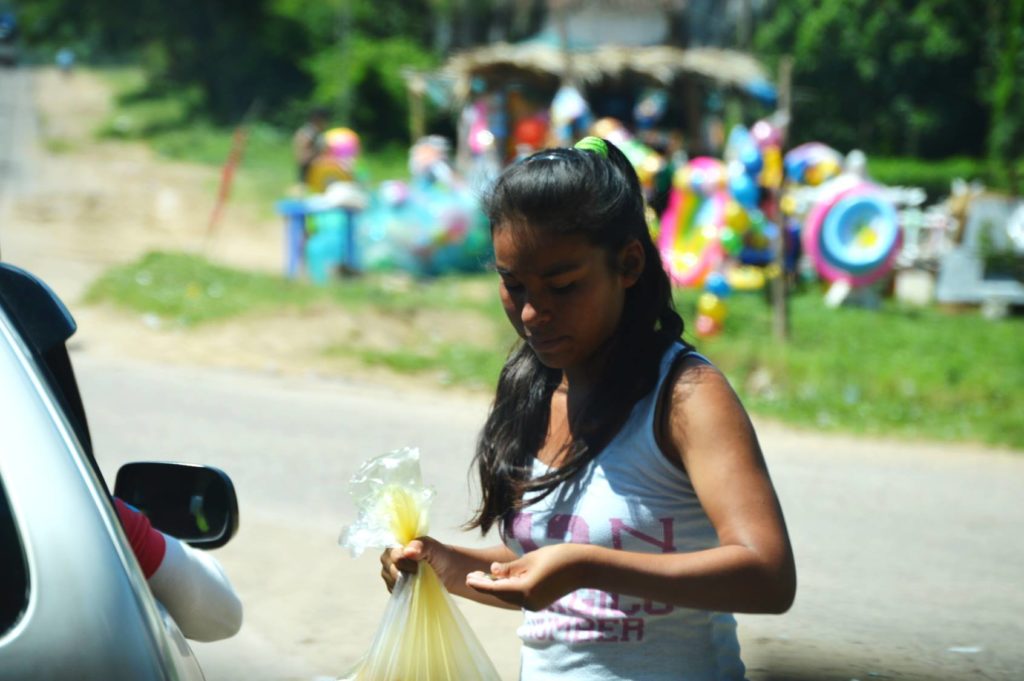
14
[PT-BR] Ahh o universo… como não se maravilhar com tanta magnitude? Brilhamos os olhos, às vezes nos cegamos. Sonhar é bom, mas cuidado para não tropeçar.
[EN] Ahh the universe… how not to marvel at such magnitude? We shine our eyes, sometimes we blind ourselves. Dreaming is good, but be careful not to stumble.
Mario Gioto – Bélgica / 2016
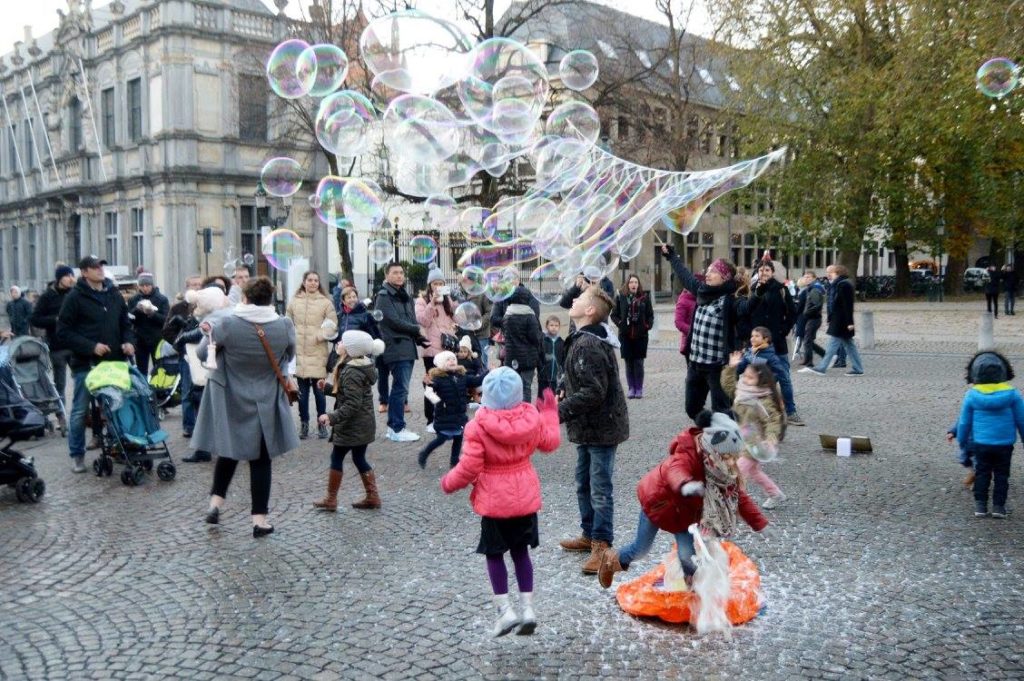
13
[PT-BR] Quando a realidade é muito dura para ser encarada de frente… precisamos por vez distorcê-la… para criar, para surgir, para manter a sanidade.
[EN] When reality is too harsh to be faced head on… we need to distort it at a time… to create, to emerge, to maintain sanity.
Mario Gioto – São Paulo / 2016
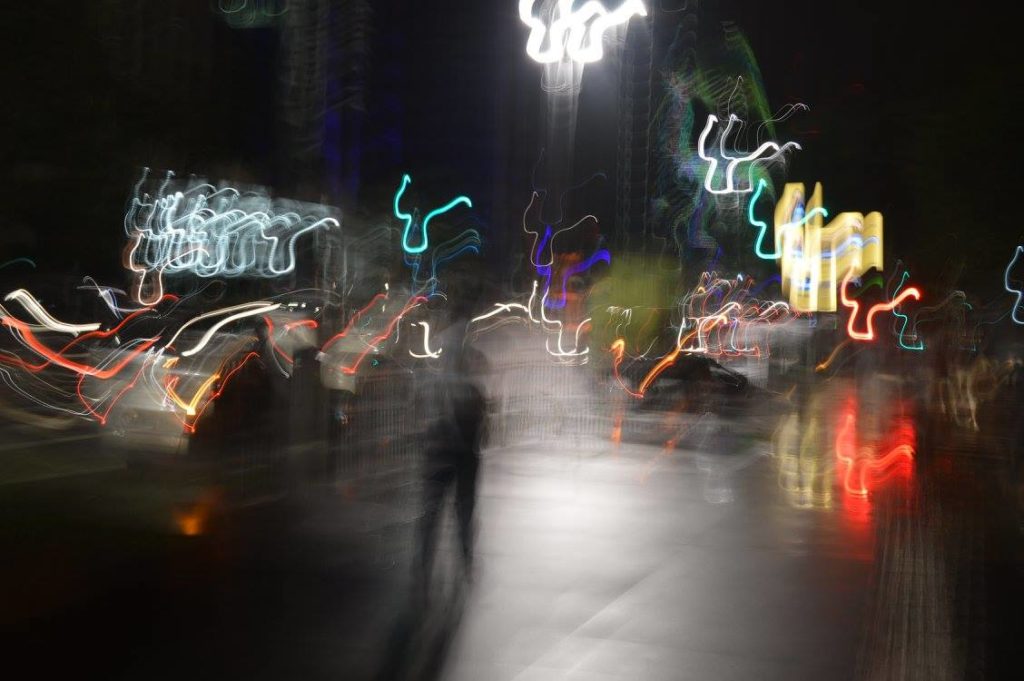
12
[PT-BR] Quando não sabemos mais para onde olhar, nem eu nem tu, nem o mais velho nem o mais novo. Quando as estribeiras caem, e perdemos o equilíbrio. Quando olhamos para o lado, e não encontramos ninguém. Quando perdemos as esperanças, e o que nos resta é apenas… olhar pra cima. Quem sabe Deus, quem sabe Alláh, quem sabe apenas… nós.
[EN] When we don’t know where else to look, neither you nor I, neither the oldest nor the youngest. When the tempers fall, and we lose our balance. When we look to the side, and find no one. When we’ve lost hope, and what we’re left with is just… looking up. Who knows God, who knows Allah, who knows just… us.
Mario Gioto – Campinas / 2017
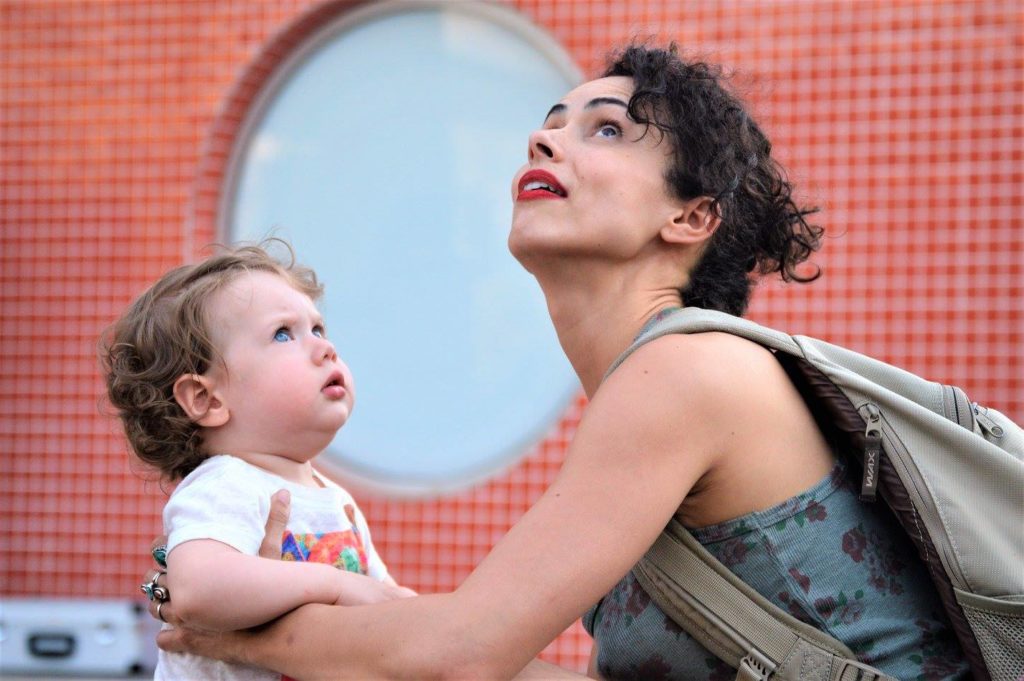
12
[PT-BR] O que estará ele pensando?
Em qual carro irá riscar… em qual carteira irá roubar… em qual droga irá usar?
Em qual livro irá ler… em qual irmão irá perder… em qual prato irá comer?
O que está você pensando?
[EN] What is he thinking?
What car will he scratch… what wallet will he steal… what drug will he use?
Which book will he read … which brother will he lose … which dish will he eat from?
What are you thinking?
Mario Gioto – Indaiatuba / 2016
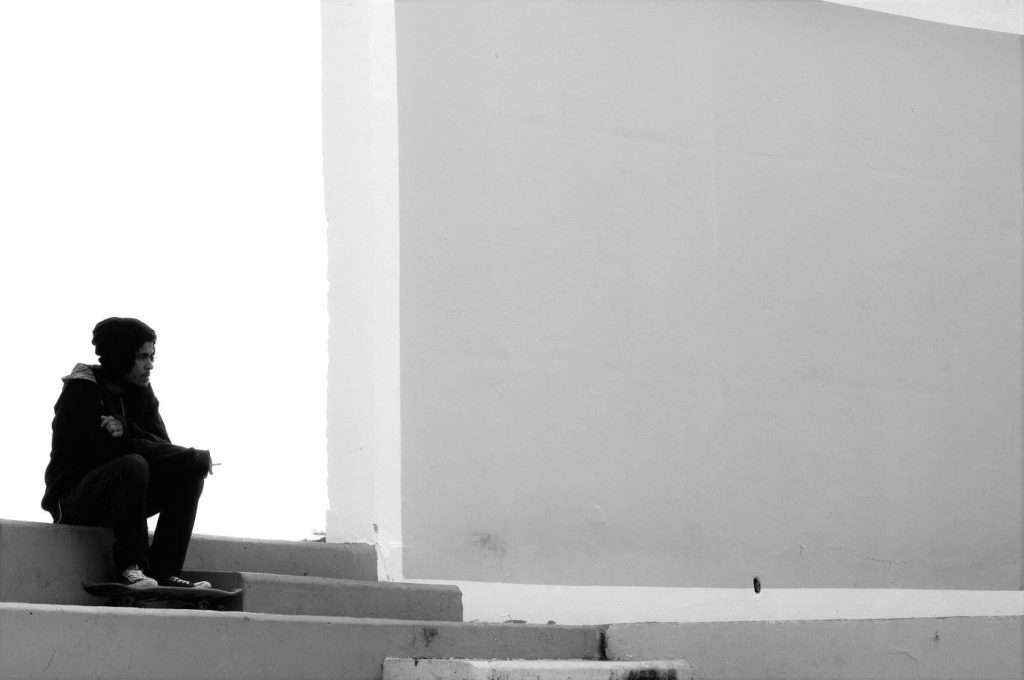
10
[PT-BR] Livre é o nome que deram à essa ponte, na fronteira entre Ciudad Juarez – México – e El Paso – Estados Unidos. Livre [de taxas], mas limitada pela barreira das desigualdades, tratados, políticas e economias. Na lentidão de suas exaustivas filas para a travessia fronteiriça, ambulantes mexicanos aproveitam o momento ocioso dos climatizados motoristas para tirar o sustento da sua esperança. Ao fundo, o imponente e bem cuidado mastro diplomático da bandeira estadunidense [com sua águia, ao topo, como guardiã nacional] contrasta sutilmente com seu mastro vizinho, mais desgastado pelas intempéries do tempo, mas que humanamente prezou pela proteção do sol desértico de quem, pela ponte, passa todos os dias. A caminhada ardida dificultaria ainda mais a tarefa que enfrentariam a poucos passos para provar sua dignidade, pelo simples fato de serem latinos – então, ao menos metade do caminho de pedestres protegido lhes serviriam de alívio temporário. Viver em uma dinâmica fronteiriça de contrastes me fez refletir: Quanto custa a nossa sua falsa liberdade de acesso [dependente]? Nossas pontes constroem muros ou conexões?
[EN] Livre (free) is the name given to this bridge, on the border between Ciudad Juarez – Mexico – and El Paso – United States. Free [from fees], but limited by the barrier of inequalities, treaties, policies and economies. In the slowness of their exhausting lines to cross the border, Mexican street vendors take advantage of the idle moment of the climatized drivers to take the sustenance of their hope. In the background, the imposing and well-kept diplomatic mast of the American flag [with its eagle, at the top, as the national guardian] contrasts subtly with its neighboring mast, more worn by the weather, but which humanly valued for the protection of the desert sun of those who , over the bridge, passes every day. The scorched walk would make the task they would face a few steps to prove their dignity even more difficult, for the simple fact that they were Latino – so at least half of the protected pedestrian path would provide them with temporary relief. Living in a border dynamic of contrasts made me reflect: How much is our false freedom of access [dependent]? Do our bridges build walls or connections?
Érica Liberato – México / 2013
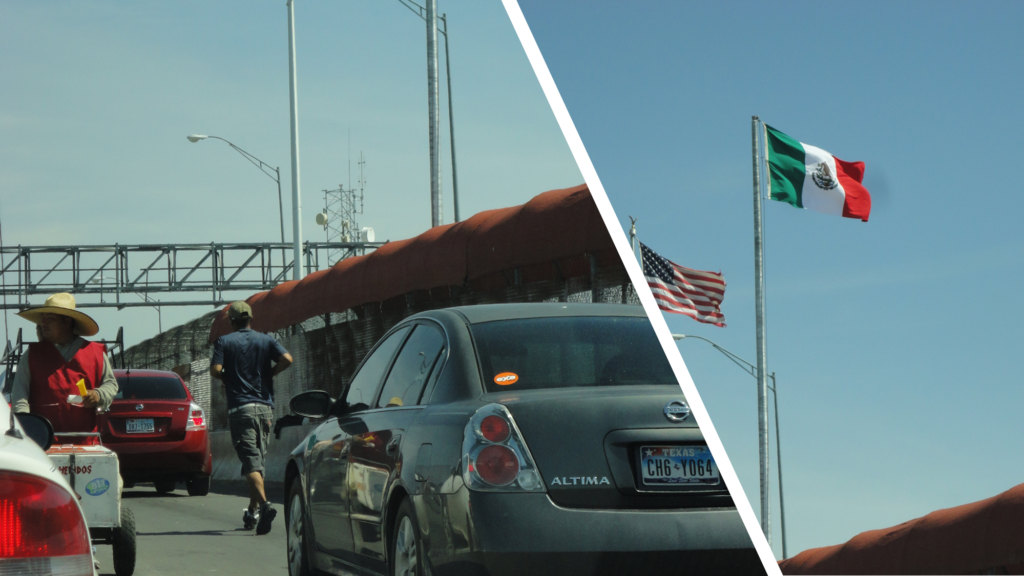
09
[PT-BR] Educação é um dos pilares fundamentais do desenvolvimento humano e ela é entregue à sociedade das mais variadas formas. O acesso à educação, em toda sua diversidade, faz com que cresçam dentro de nós as possibilidades de criação de um futuro no qual nos sintamos bem em viver harmonicamente.
Educar, nos dias de hoje, requer coragem, requer atitude e muito esforço. Acesso à educação é um direito de todos e suas consequências positivas são imensuráveis. Educação para o entendimento e para a compreensão. Educação mais ainda para o bem estar social em tempos onde palhaço não é quem usa nariz vermelho.
[EN] Education is one of the fundamental pillars of human development and it is delivered to society in the most varied ways. Access to education, in all its diversity, makes the possibilities of creating a future in which we feel good to live harmoniously grow within us.
Educating, nowadays, requires courage, requires attitude and a lot of effort. Access to education is everyone’s right and its positive consequences are immeasurable. Education to understand and comprehend. Education even more for social well-being in times where clowns are not the ones who wear a red nose.
Mario Gioto – Indaiatuba / 2016
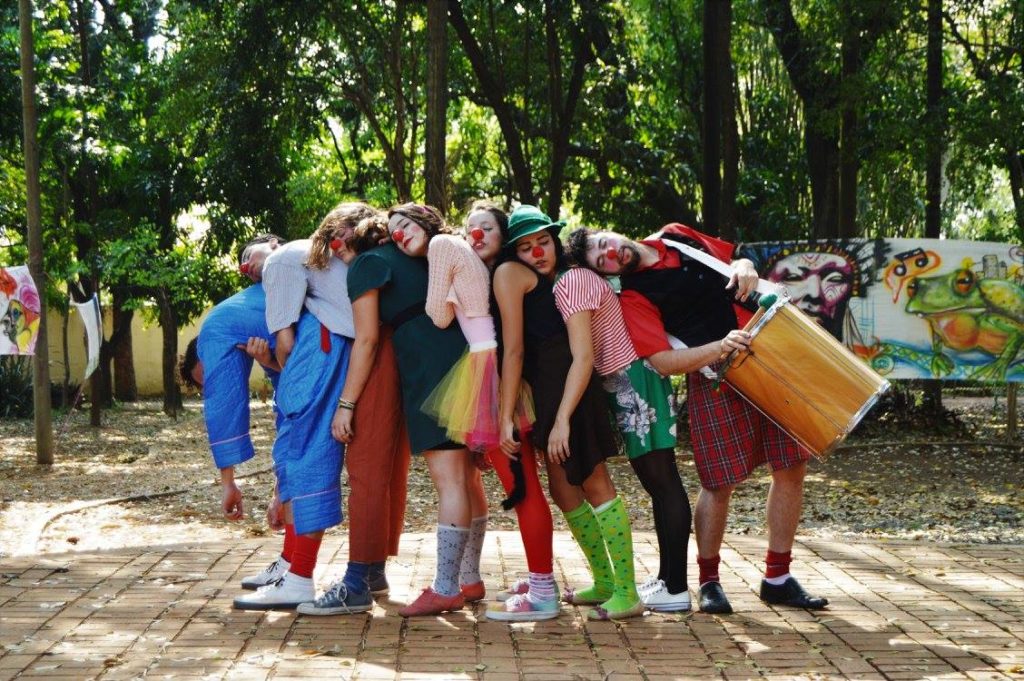
08
[PT-BR] Essa foi a casa que meu avô construiu para ele e a família morarem quase três décadas atrás. É uma casa linda.Foi nessa casa que minha mãe descobriu que estava grávida de mim. Foi nessa casa que ela perdeu a minha avó. Foi nessa casa que eu aprendi a ler. Nessa casa que eu aprendi o que era família, amor e cuidado. Hoje, em menos de um ano da morte do meu avô, estou me mudando para essa mesma casa para aprender de novo o que é família, amor e cuidado.
[EN] This was the house my grandfather built for him and his family to live in nearly three decades ago. It’s a beautiful house. It was in this house that my mother found out that she was pregnant of me. It was in this house that she lost my grandmother. It was in this house that I learned to read. In this house I learned about family, love and care. Today, less than a year after my grandfather’s death, I am moving into this same house to learn again about family, love and care.
Cláudia Martins – Mairiporã / 2016
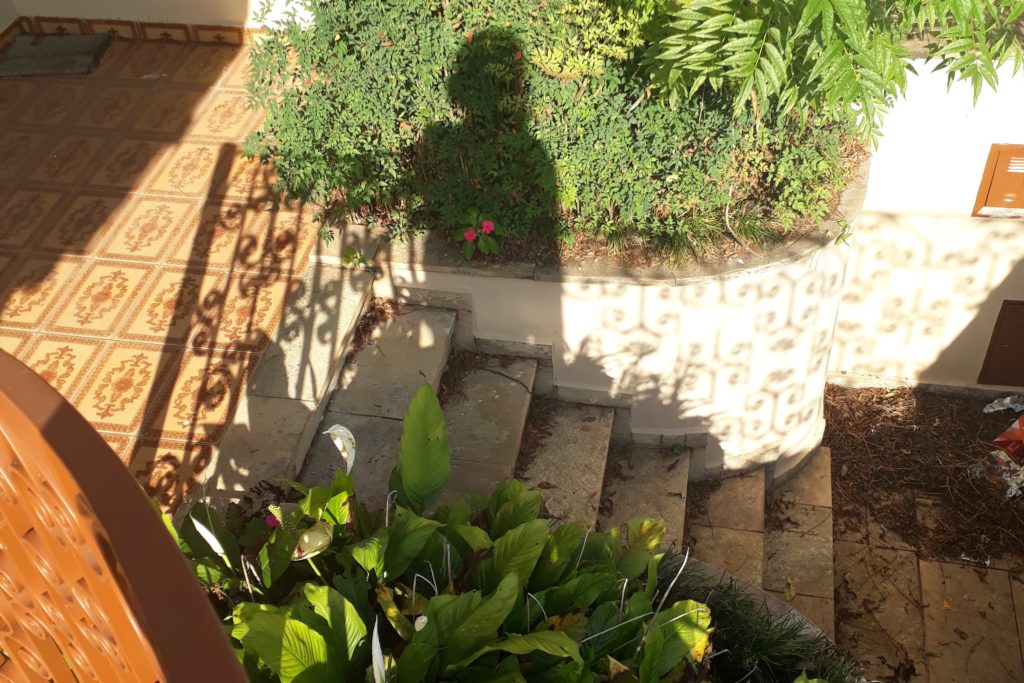
07
[PT-BR] Existe um lugar especial na Sérvia. Um vilarejo de 800 pessoas onde a média de idade é de 80 anos. Uma população sem muitos acessos à tecnologia, mas com um grande acesso a uma alimentação diária natural e orgânica e principalmente a uma paz de espírito. Com seus lenços devidamente arrumados, e um bom sorriso, estas mulheres nos fazem lembrar das possibilidades da vida feliz dentro da simplicidade.
[EN] There is a special place in Serbia. A village of 800 people where the average age is 80 years. A population without much access to technology, but with great access to natural and organic daily food and, above all, to peace of mind. With their handkerchiefs neatly arranged, and a good smile, these women remind us of the possibilities of a happy life within simplicity.
Nath Becker[r.i.p.] – Sérvia / 2016
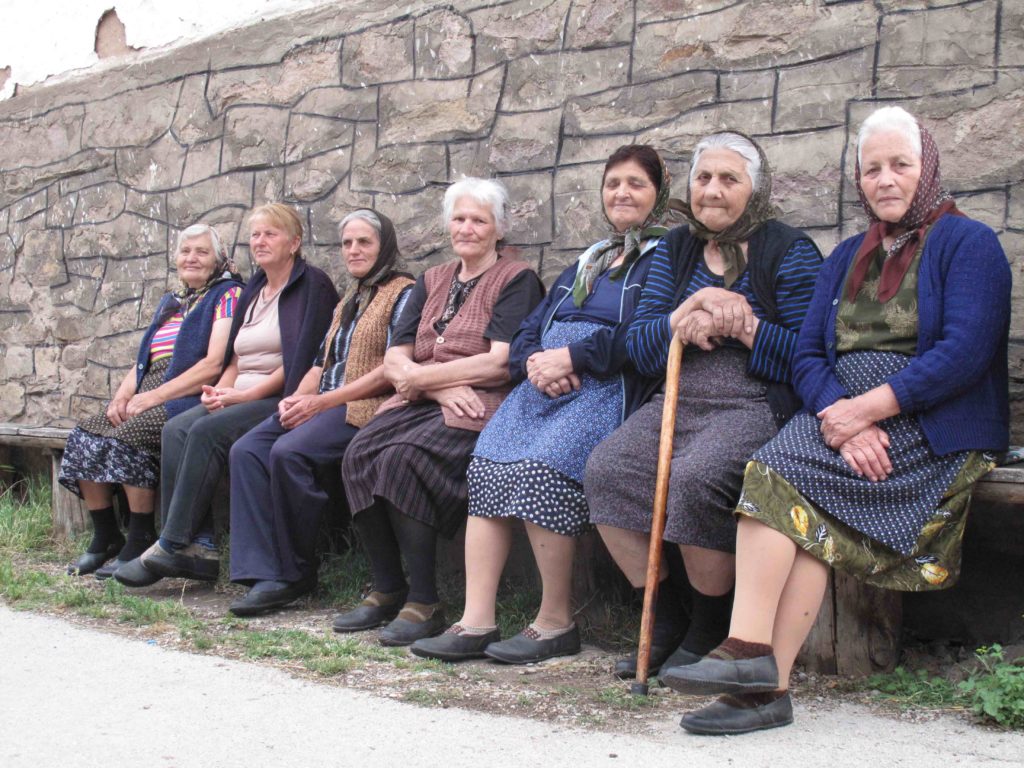
06
[PT-BR] Uma refugiada(?), um local preparando sua próxima emboscada(?) e uma turista fitando as belezas de Roma(?). Não há como saber de fato os papéis de cada um na sociedade e muitas vezes fazemos um resumo superficial baseado em aparências. A pedinte poderia muito bem ser italiana mesmo. O homem talvez somente estava esperando um amigo. O medo muitas vezes nos afasta do conhecimento das realidades humanas.
[EN] A refugee(?), a local preparing his next ambush(?) and a tourist staring at the beauties of Rome(?). There is no way to really know the roles of each one in society and we often make a superficial summary based on appearances. The beggar might as well be Italian. The man was perhaps just waiting for a friend. Fear often takes us away from the knowledge of human realities.
Mario Gioto – Roma / 2016
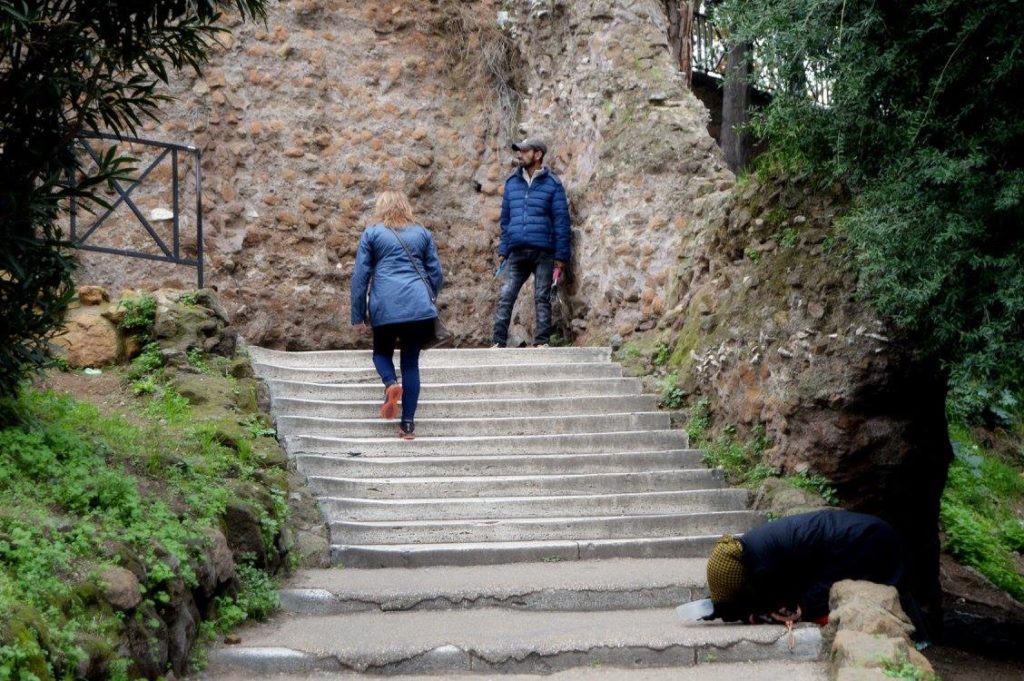
05
[PT-BR] Uma mulher lavava seu rosto e trocava a roupa de sua criança em um rio em Samaipata – Bolivia – perante o olhar de um homem austero e com pressa. Após os devidos cuidados, continuaram pela estrada. Homem à frente, mulher e o peso de um filho atrás.
[EN] A woman washed her face and changed her child’s clothes in a river in Samaipata – Bolivia – under the gaze of an austere man in a hurry. After due care, they continued along the road. Man in front, woman and the weight of a child behind.
Mario Gioto – Samaipata / 2016
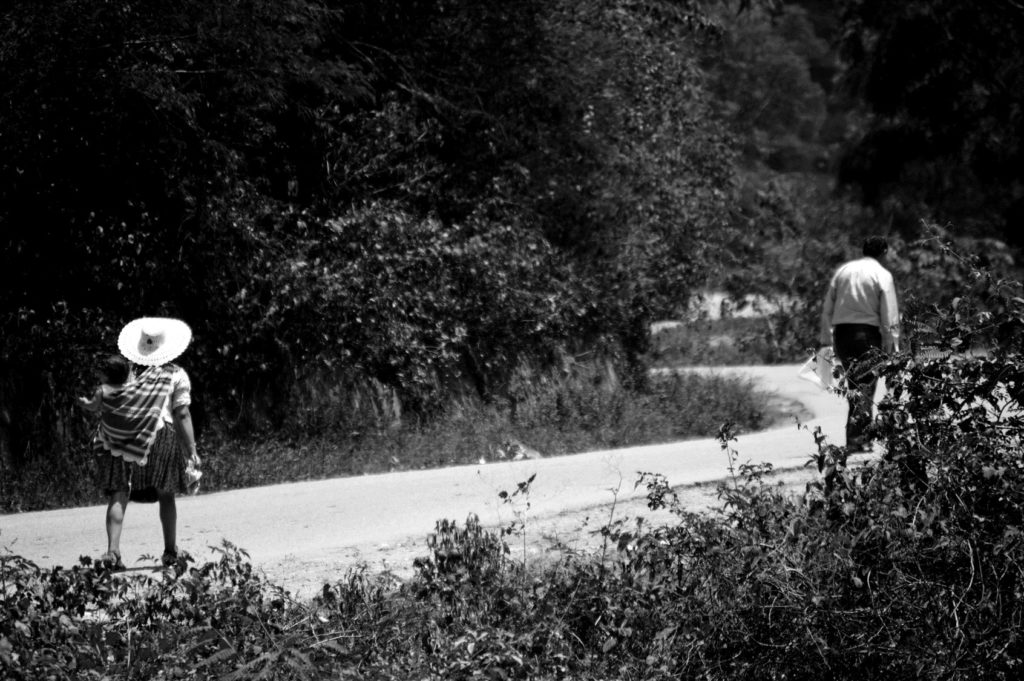
04
[PT-BR] São Paulo pode ser considerada uma cidade careta, cinza e focada em negócios. Vejo valor na quebra da retilineidade da sociedade paulistana. Onde uma mulher possa liderar a dança, onde a música possa abafar o som das buzinas, onde um homem possa vestir uma saia e todos possam acompanhar.
[EN] São Paulo can be considered a dull, gray and business-focused city. I see value in breaking the straight lines of São Paulo’s society. Where a woman can lead the dance, where the music can drown out the sound of the horns, where a man can wear a skirt and everyone can follow along.
Mario Gioto – São Paulo / 2016
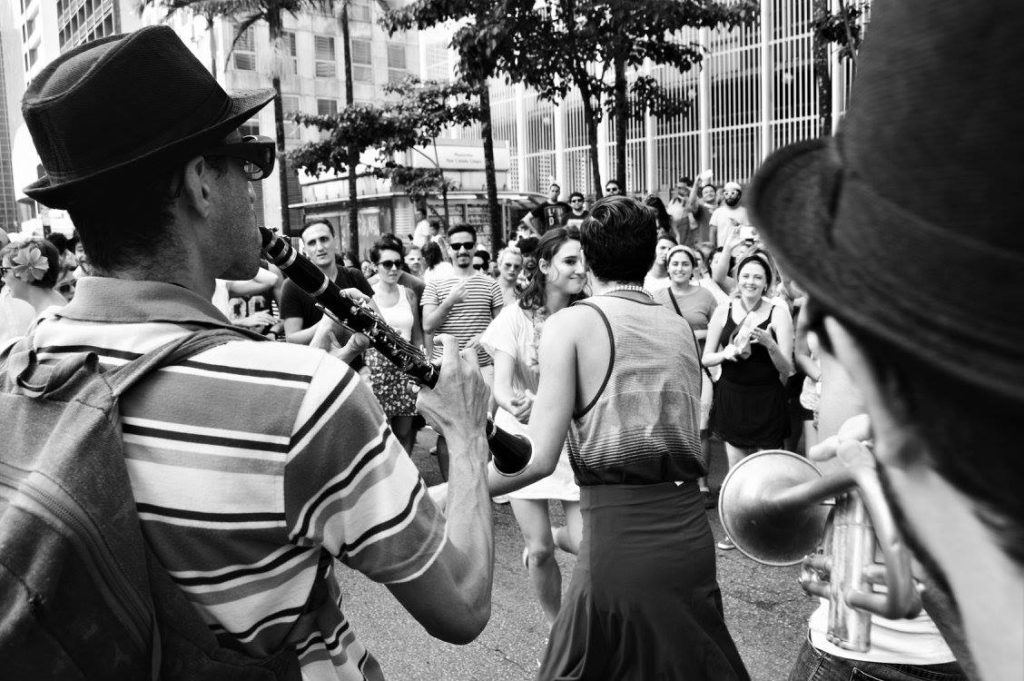
03
[PT-BR] Há muita beleza na atitude perante a fotografia quando nos limitamos a apenas 36 fotos durante um passeio. O cuidado, a demora, a sensação de não saber instantaneamente se a foto ficou boa. A leveza de apenas tirar a foto, e deixar para depois a análise.
[EN] There is a lot of beauty in the attitude towards photography when we limit ourselves to just 36 photos during a tour. The care, the delay, the feeling of not knowing instantly if the photo was good. The lightness of just taking the picture, and leaving the analysis for later.
Mario Gioto – Belo Horizonte / 2016
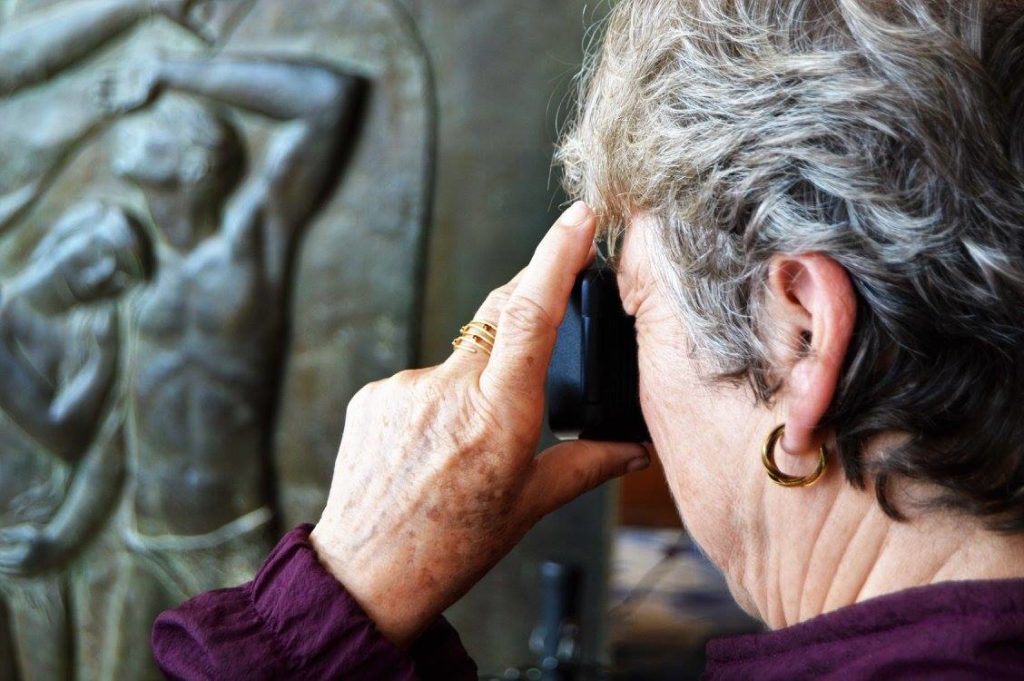
02
[PT-BR] Micaela é filha de pai solteiro, que aos mais de 60 anos ainda é operário em uma grande multinacional da indústria argentina. Ele dedica suas férias a levar Micaela a conhecer seu país e contar um pouco de sua história. Foi a primeira vez que Micaela viu neve, e eles nos ensinaram mais sobre a Argentina que qualquer guia turístico.
[EN] Micaela is the daughter of a single father, who at over 60 is still a worker in a large multinational in Argentine industry. He dedicates his vacation to taking Micaela to know his country and telling a little about its story. It was the first time Micaela saw snow, and they taught us more about Argentina than any tour guide.
Mario Gioto – Ushuaia / 2015
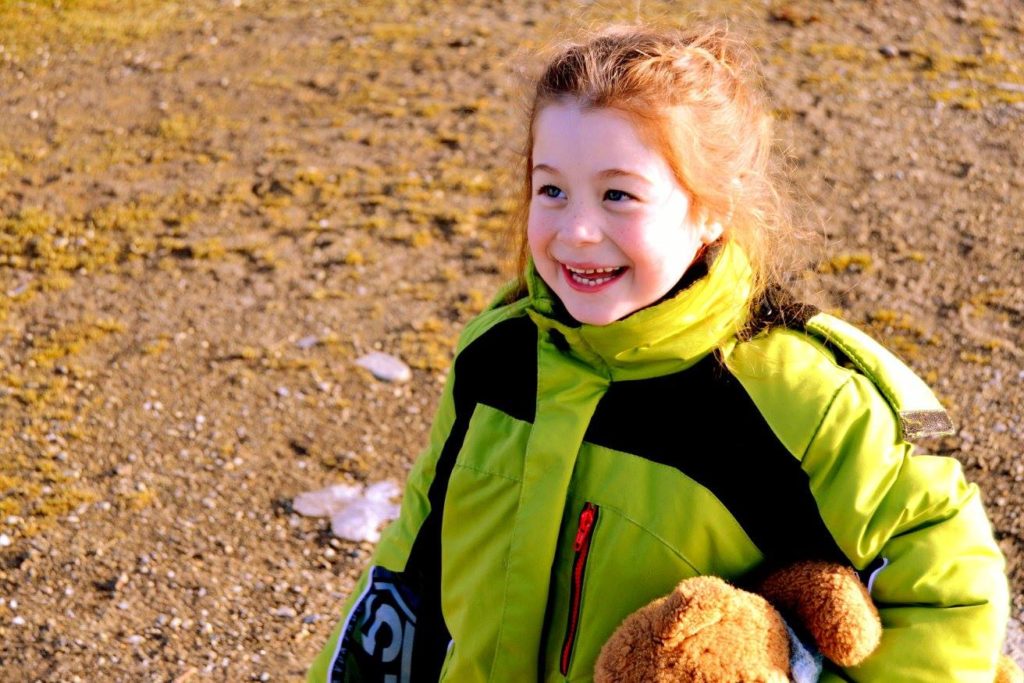
01
[PT-BR] Na cidade de Paris existe um sistema de metrôs muito eficiente e vasto o qual nos possibilita acesso aos mais remotos cantos da cidade. Porém, é claro como esta estrutura é muito pouco acessível para idosos e cadeirantes devido à maioria de sua malha ser construída em tempos em que não havia uma consciência social sobre a acessibilidade dos espaços públicos.
[EN] In the city of Paris there is a very efficient and vast subway system which allows us access to the most remote corners of the city. However, it is clear how this structure is not very accessible for the elderly and wheelchair users due to the fact that most of its mesh was built in times when there was no social awareness about the accessibility of public spaces.
Mario Gioto – Paris / 2016
